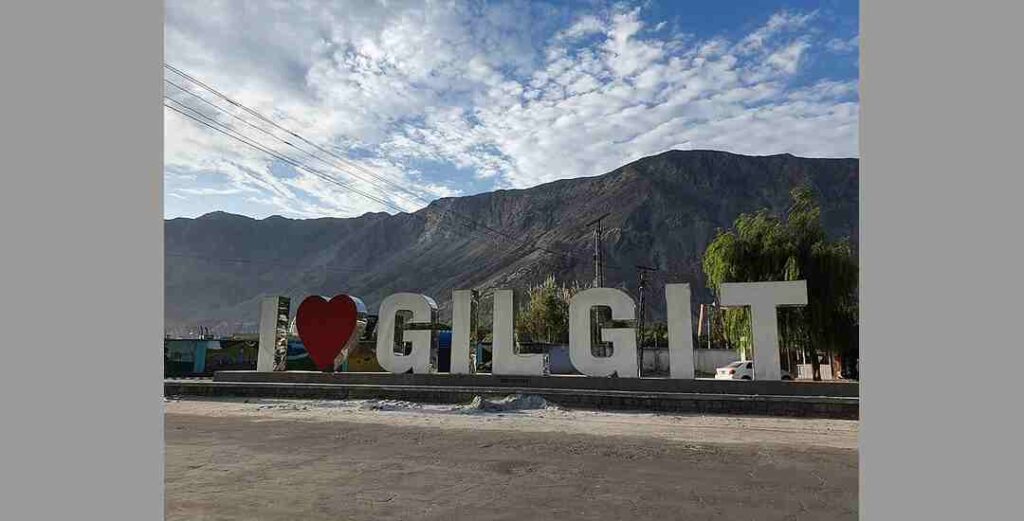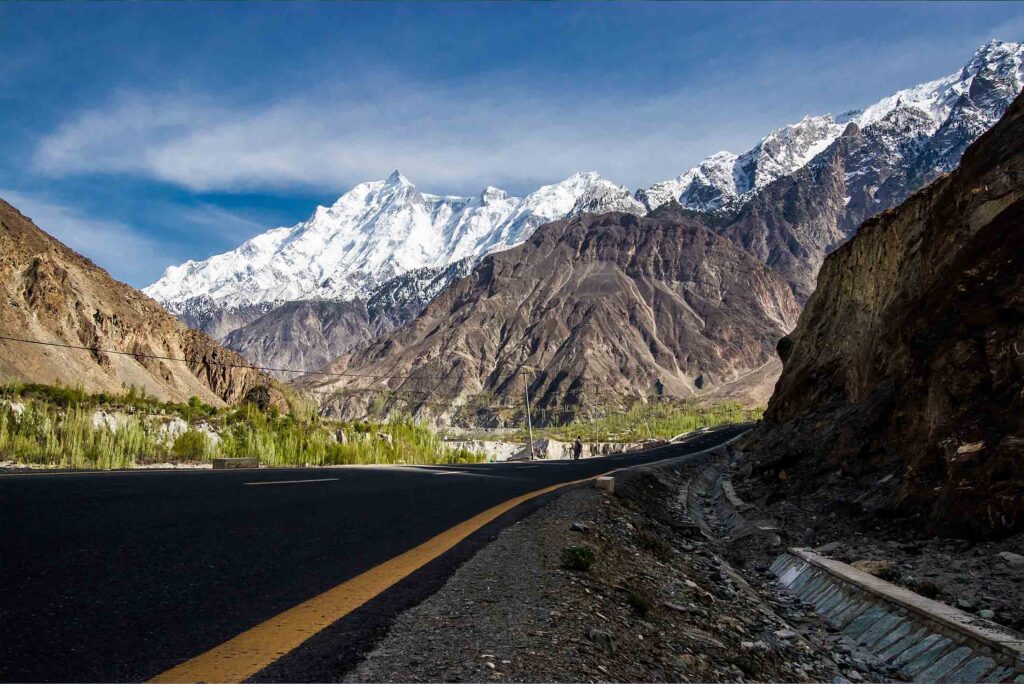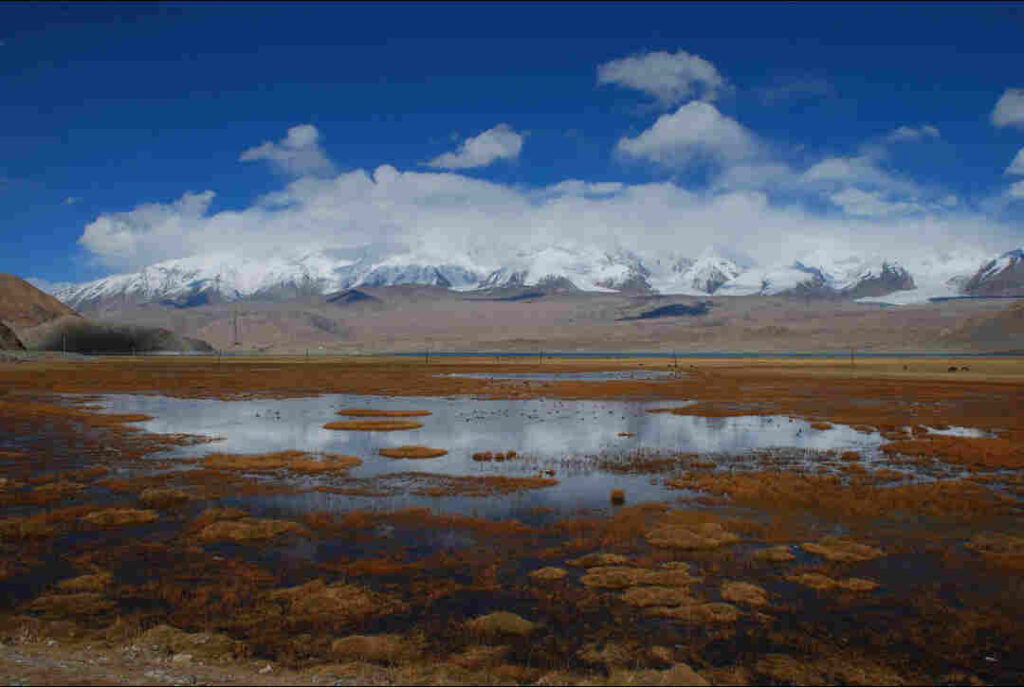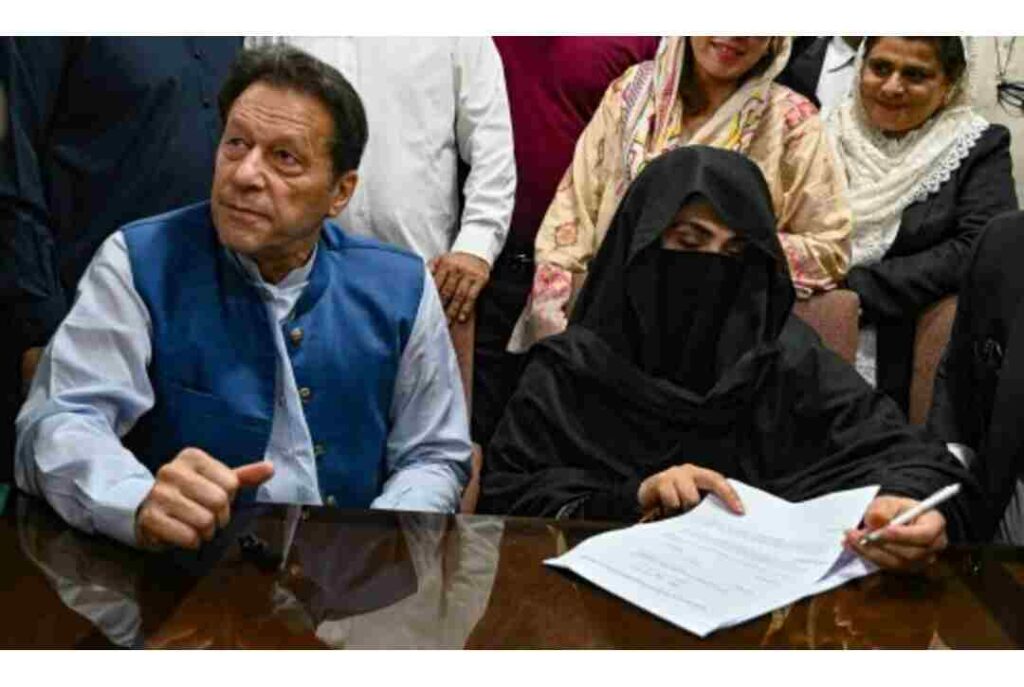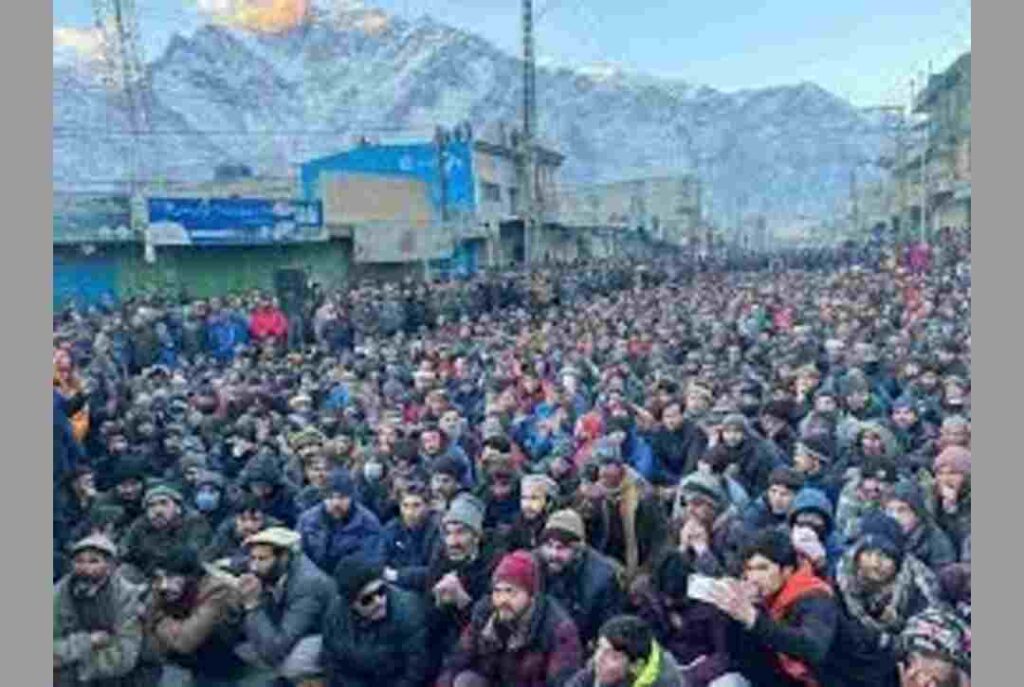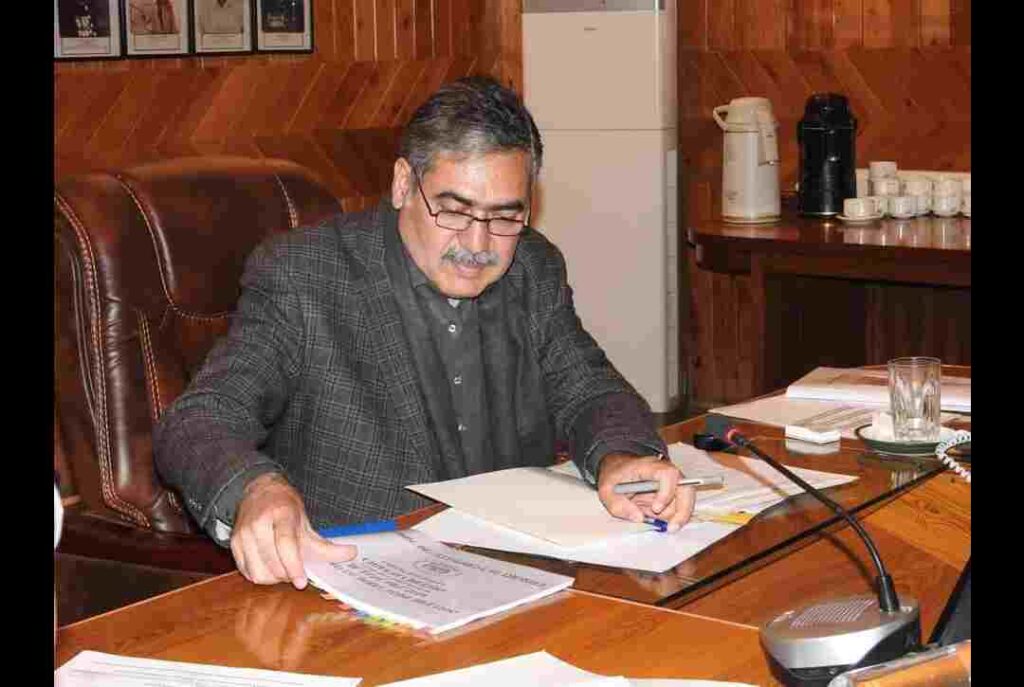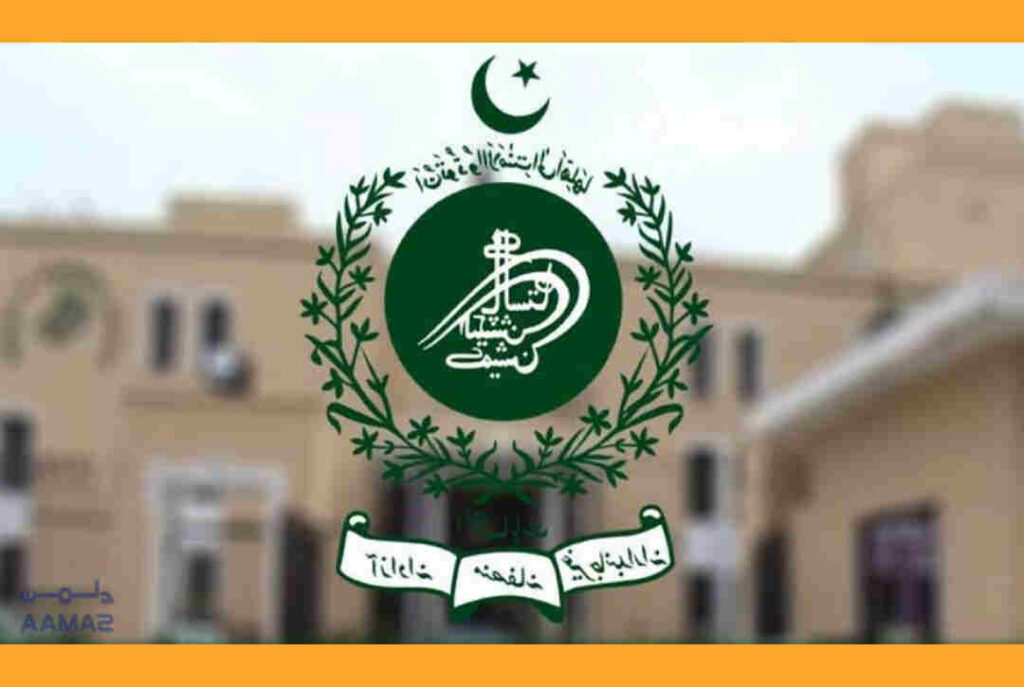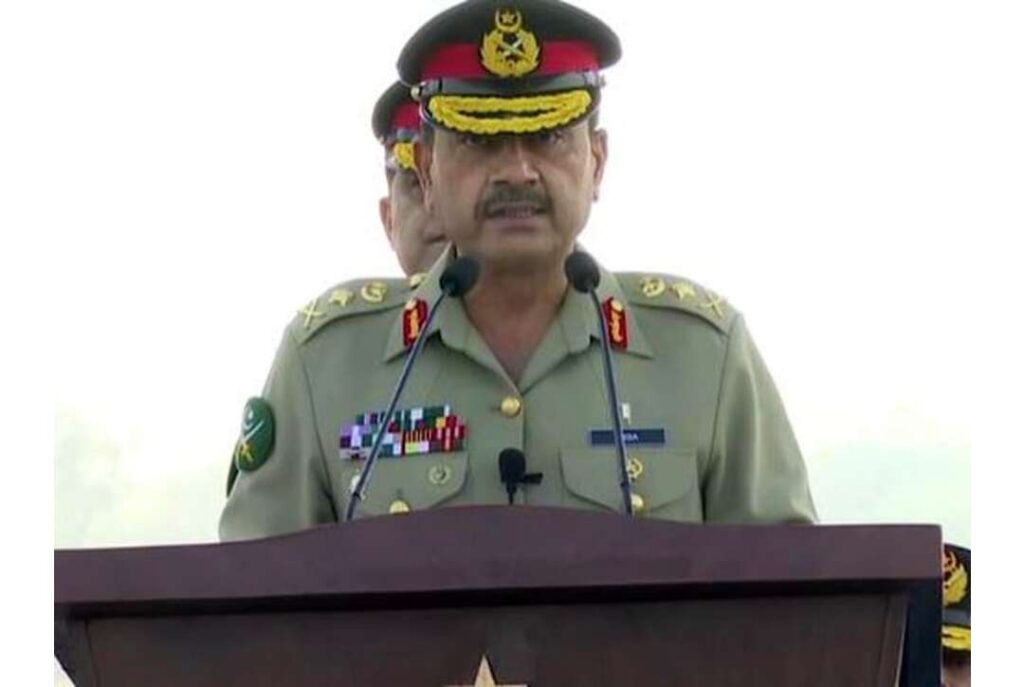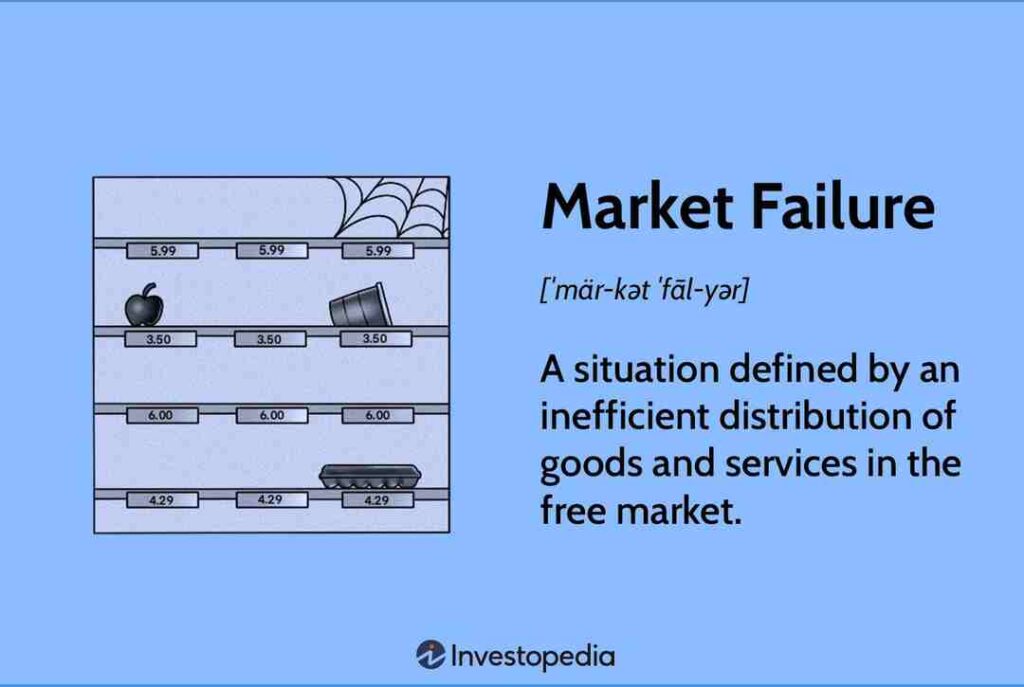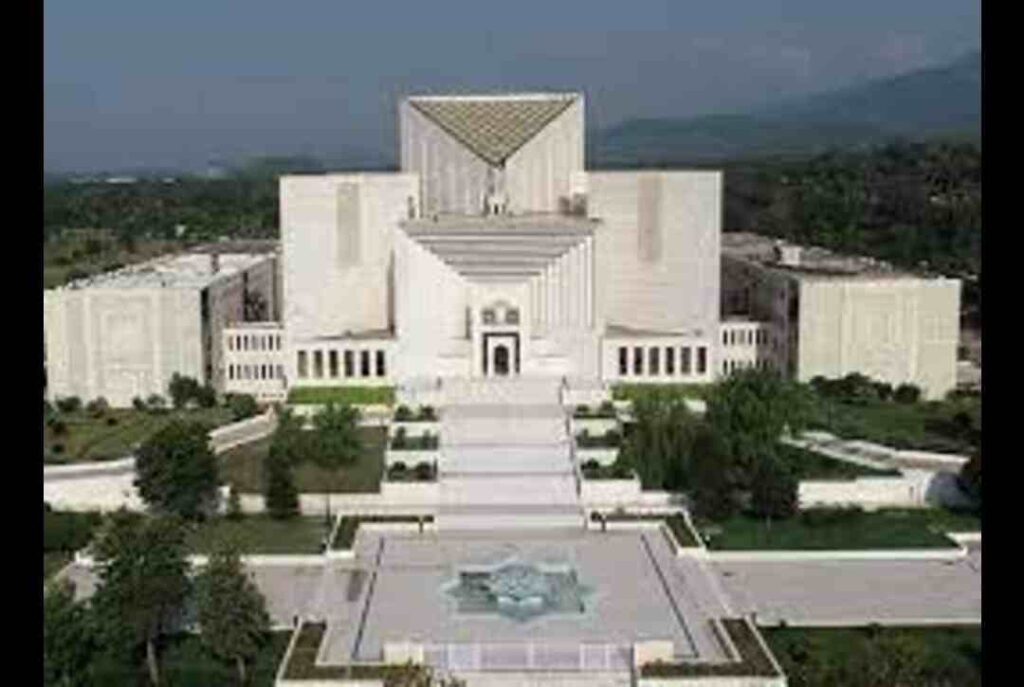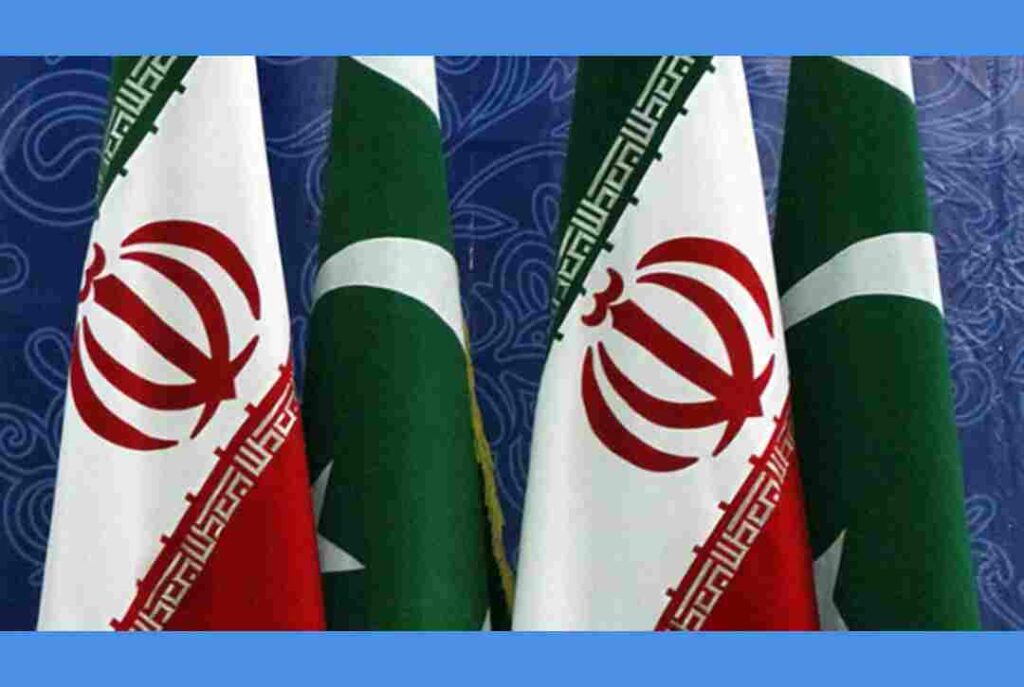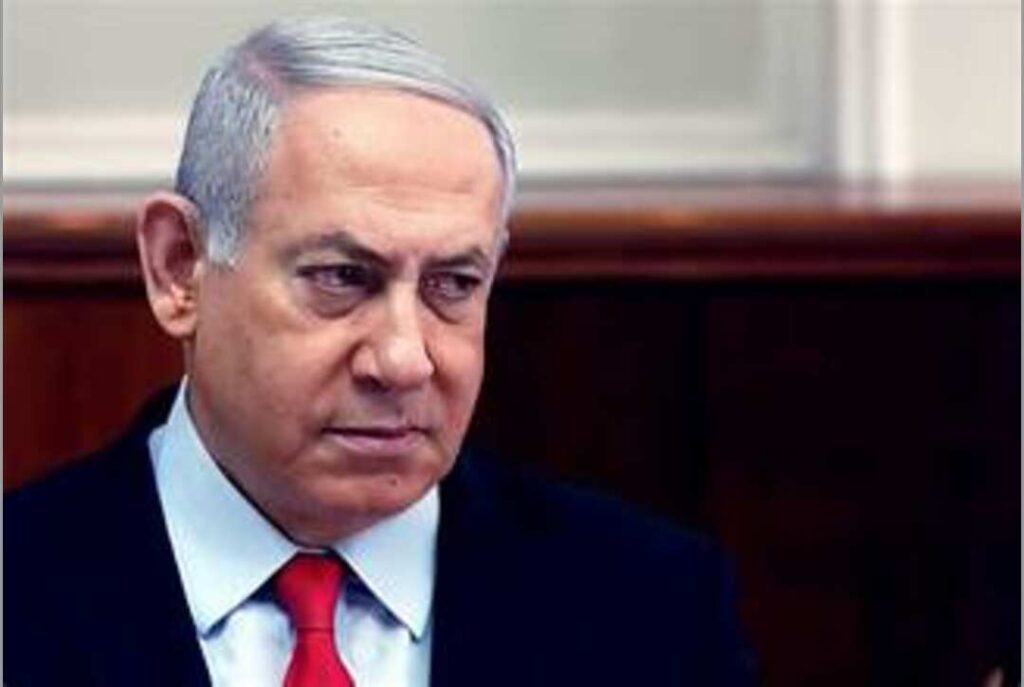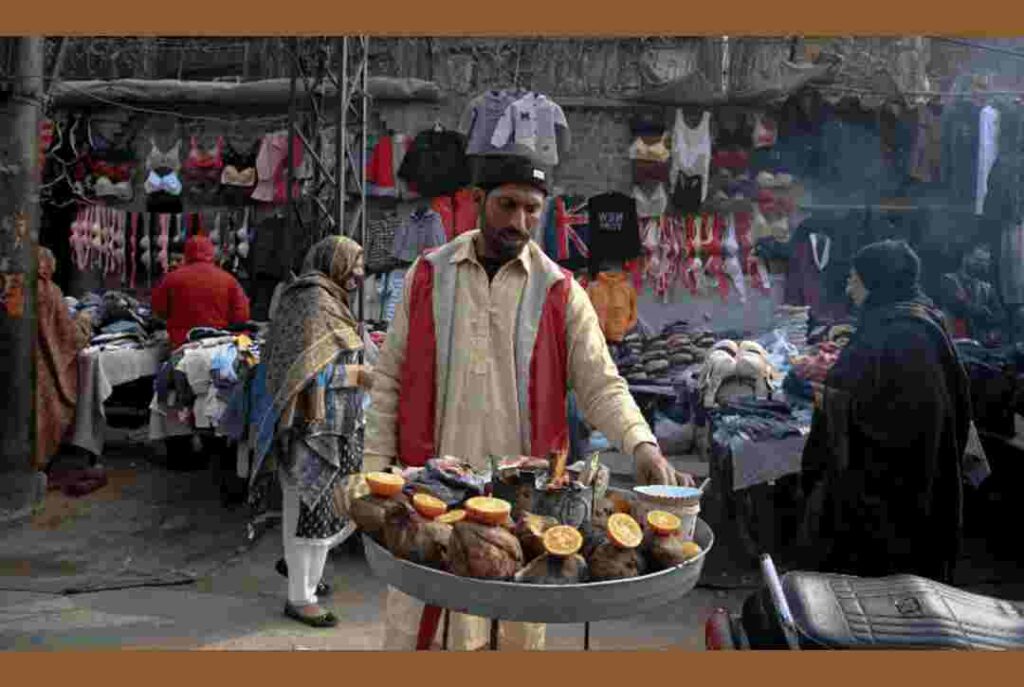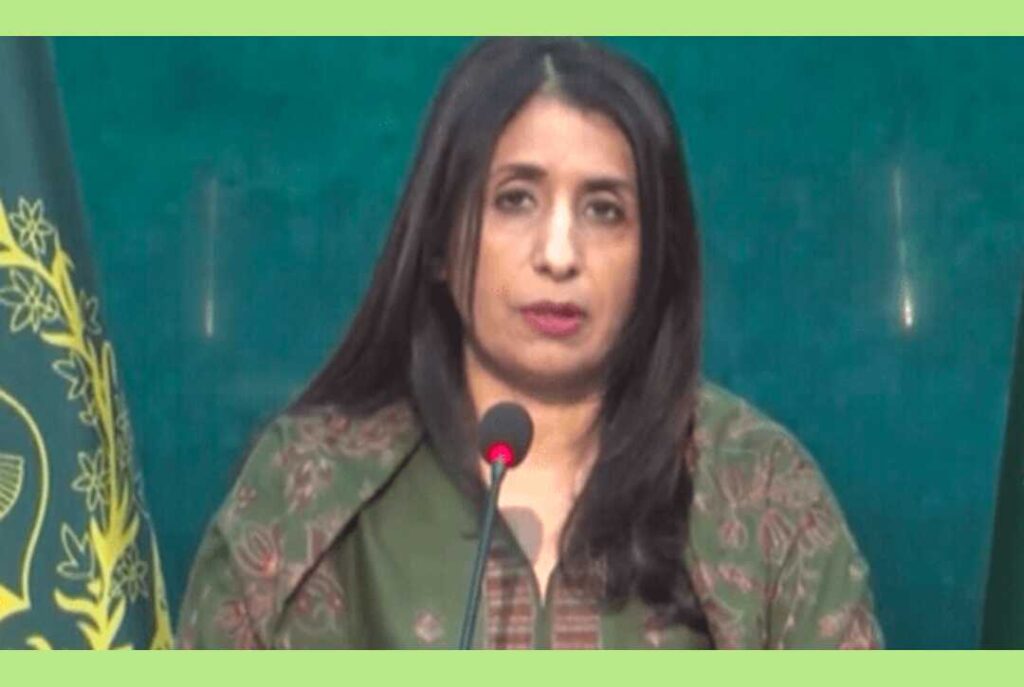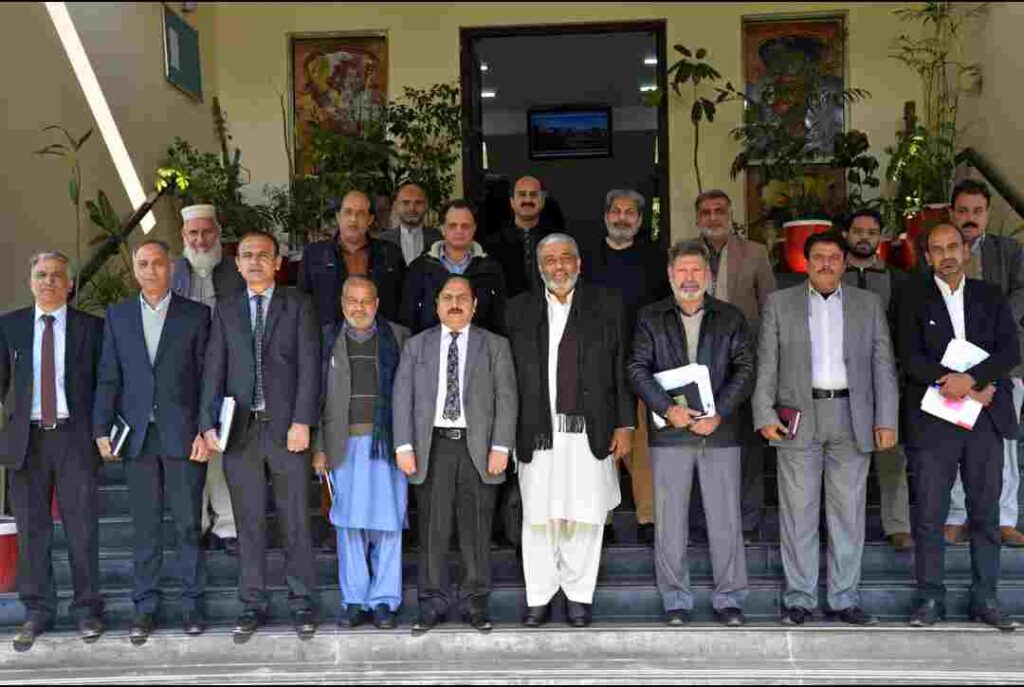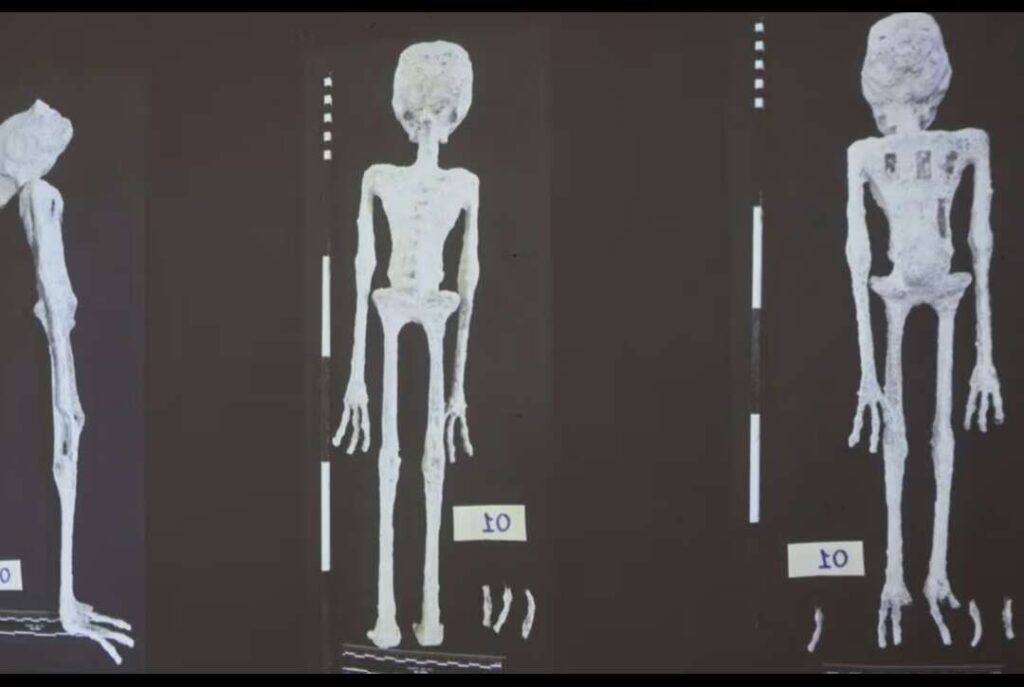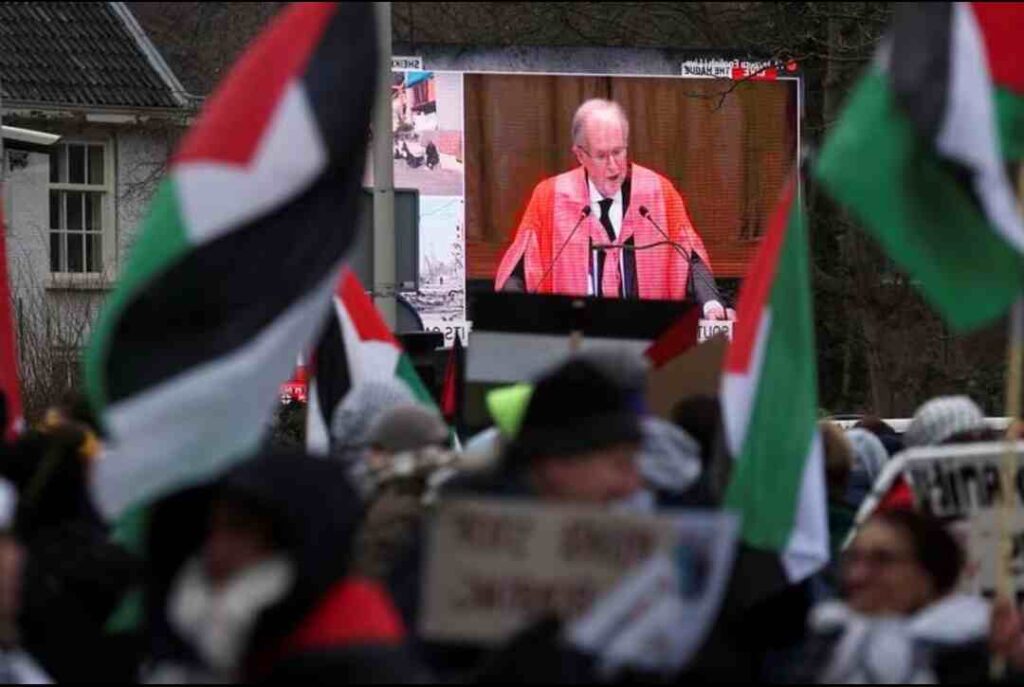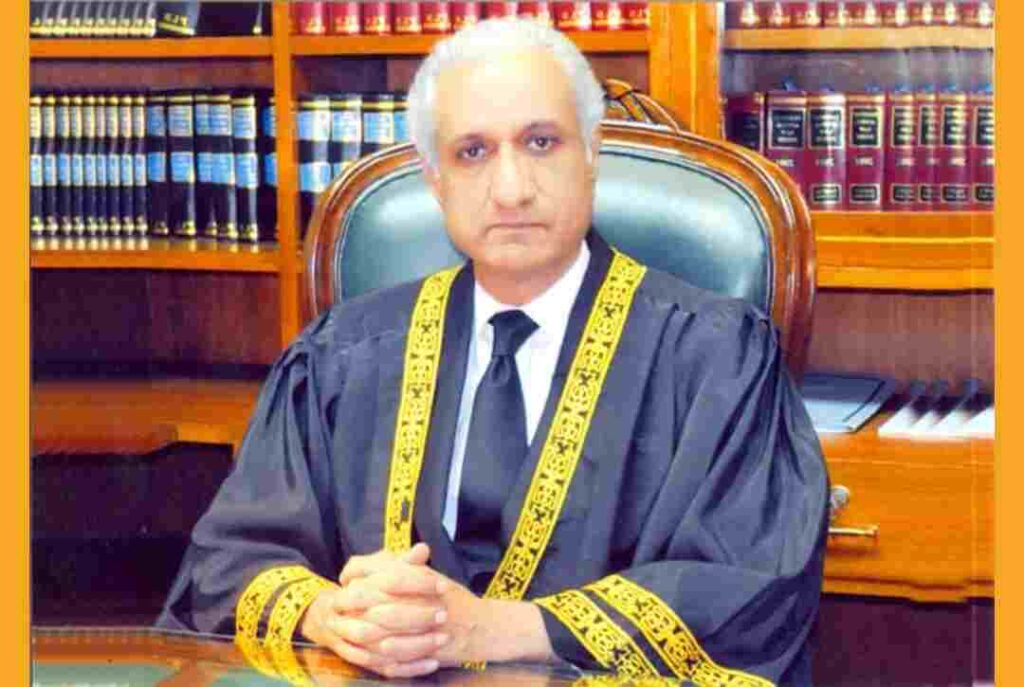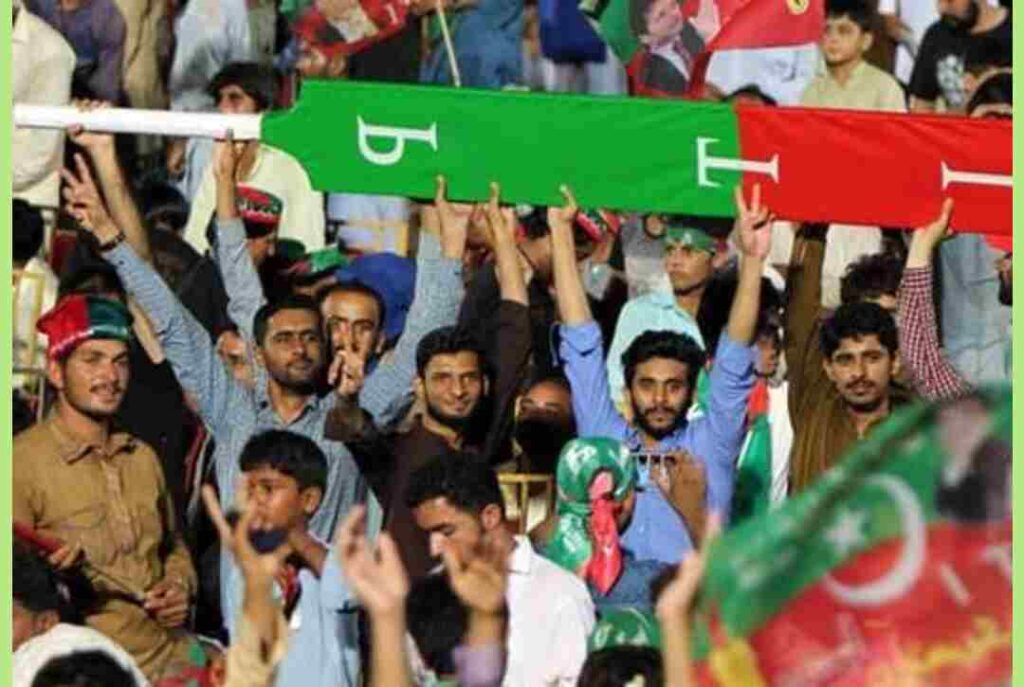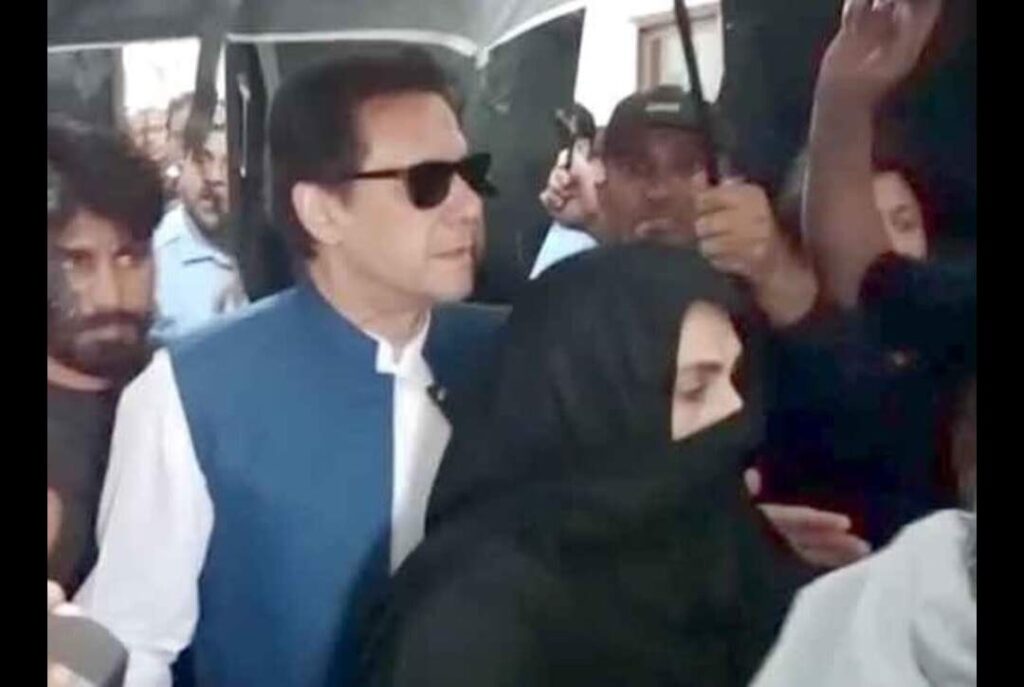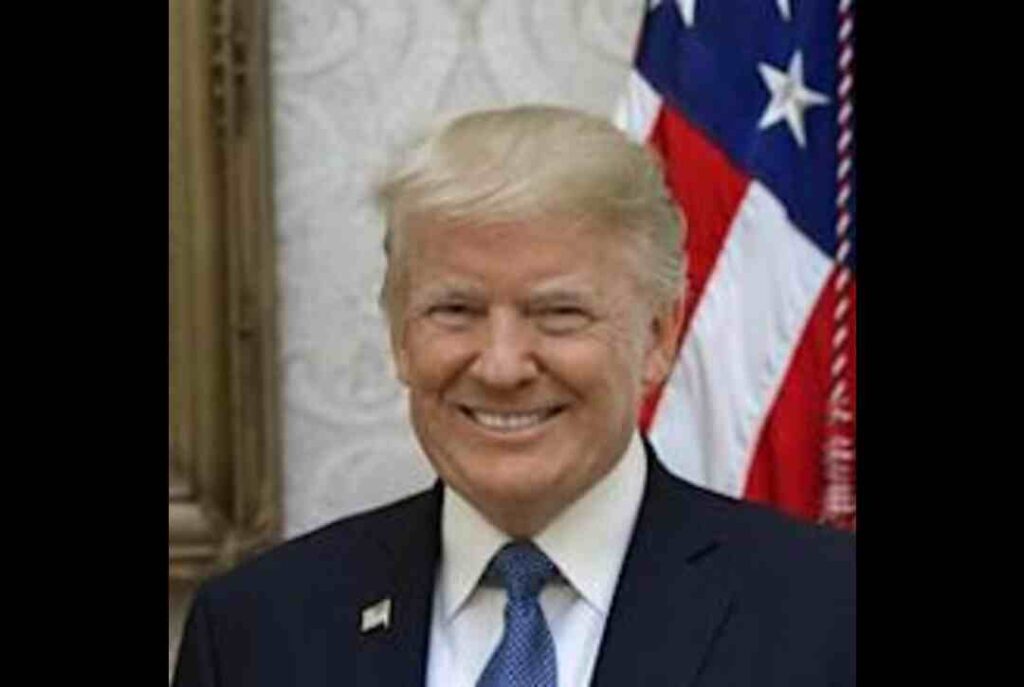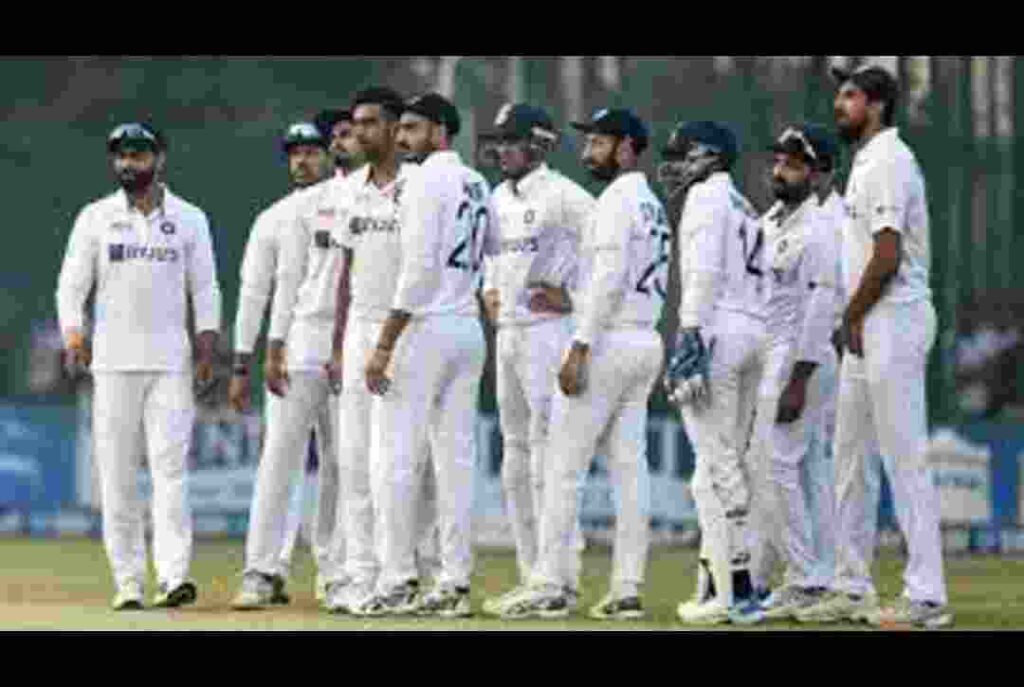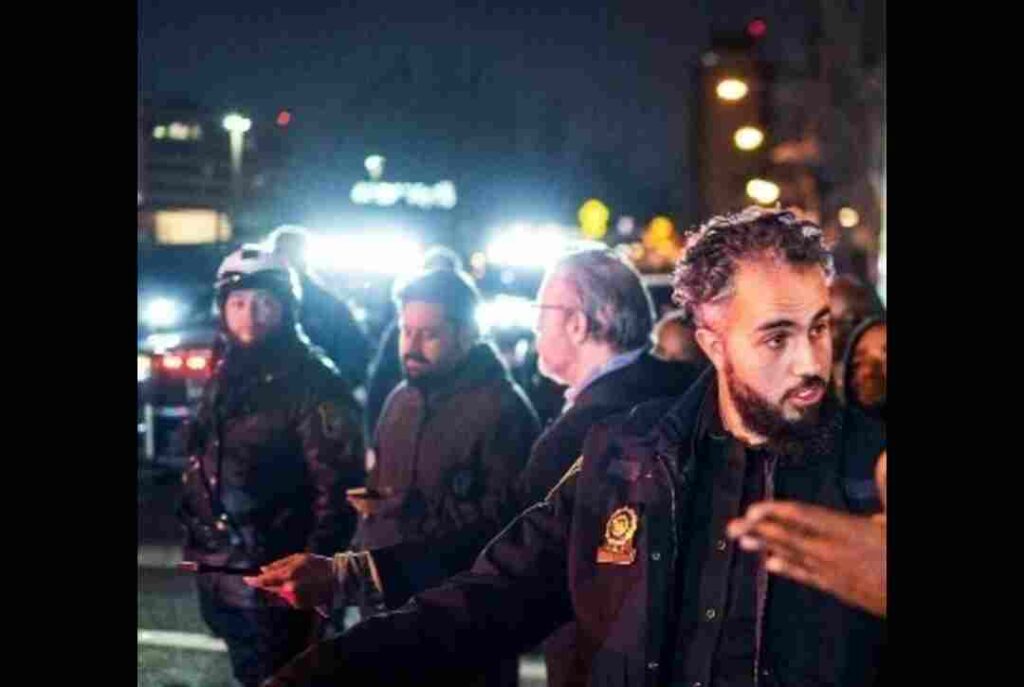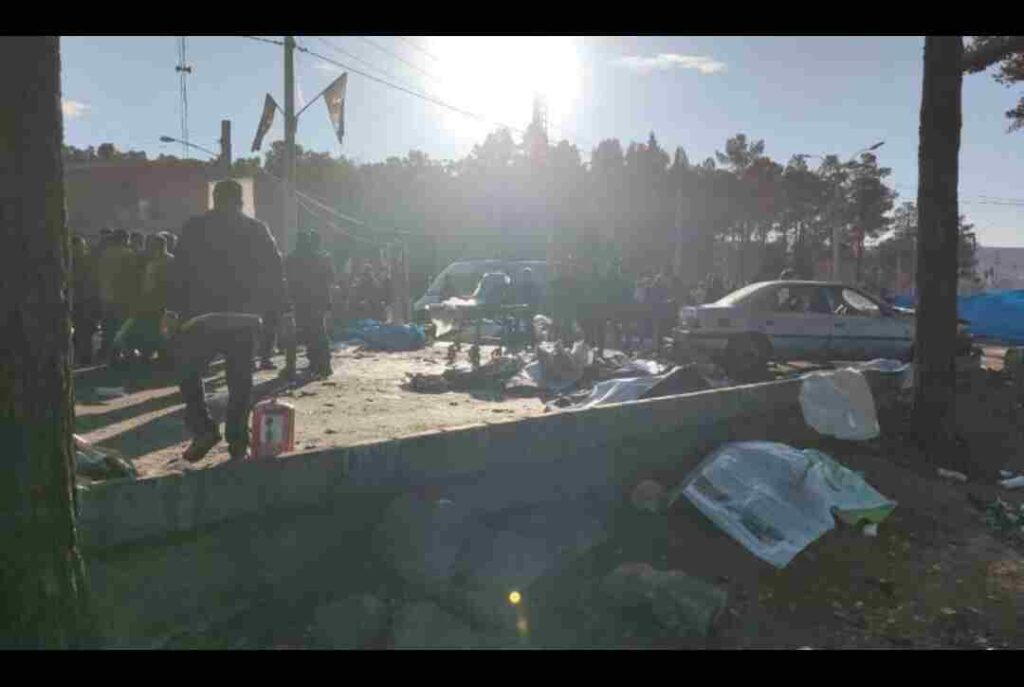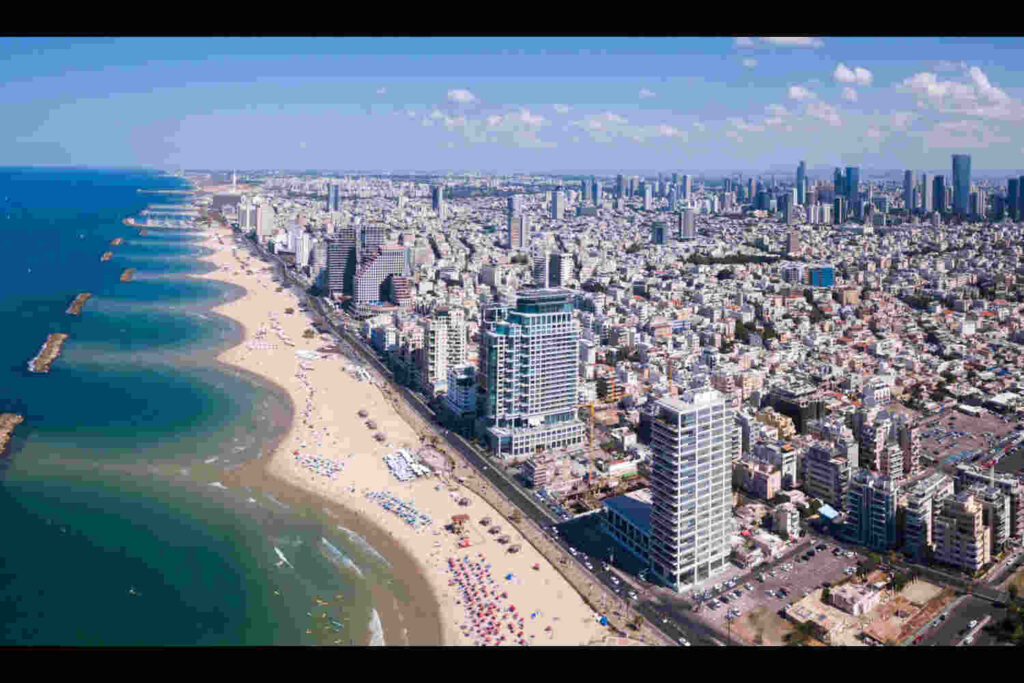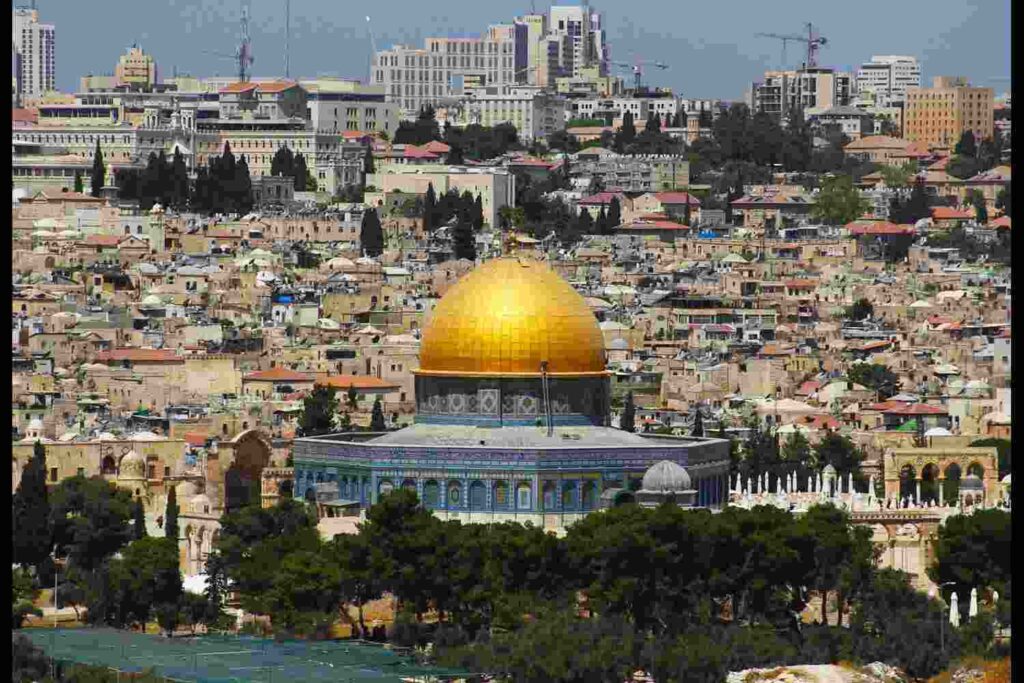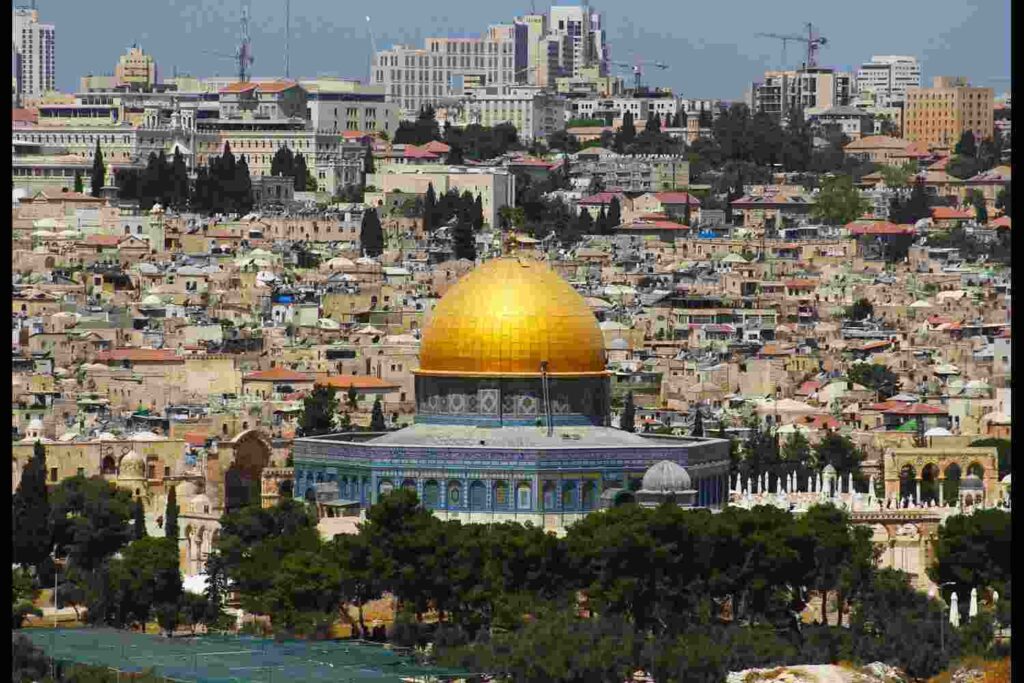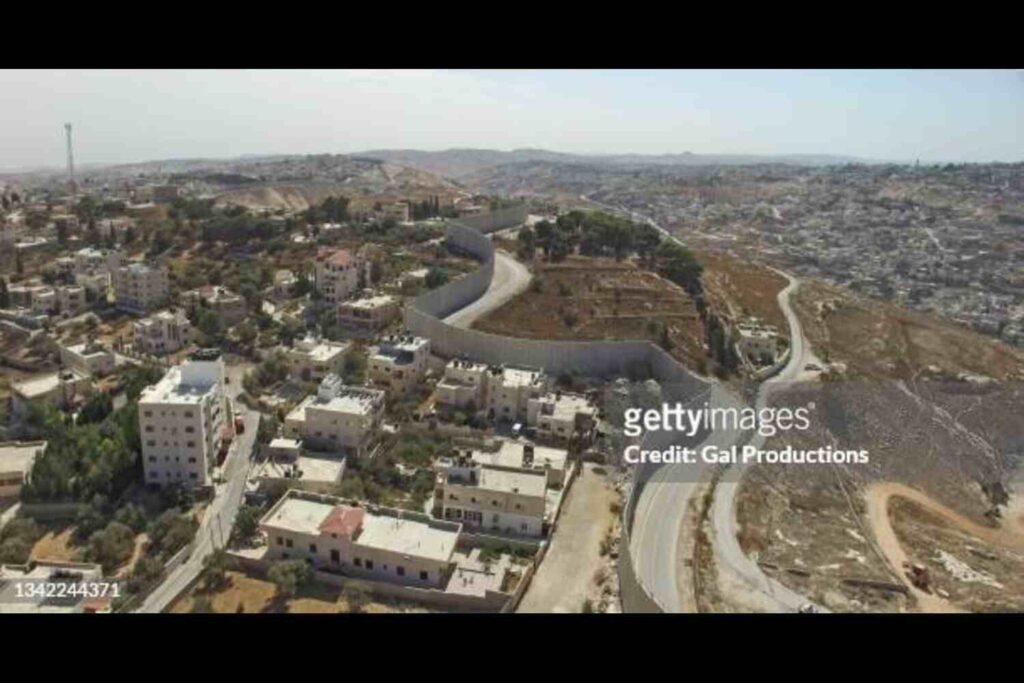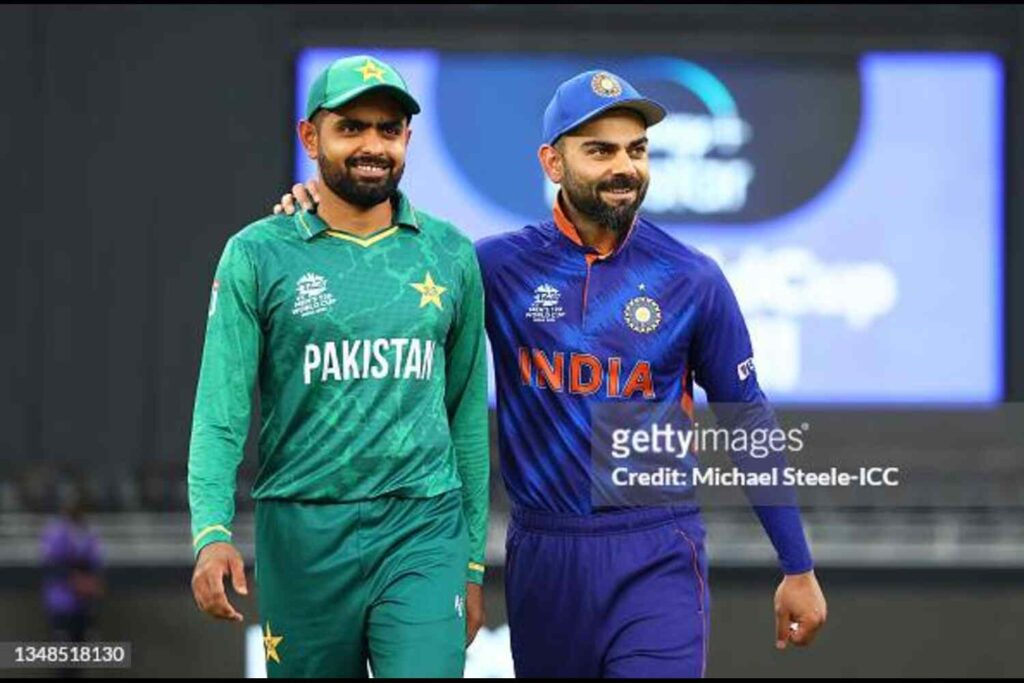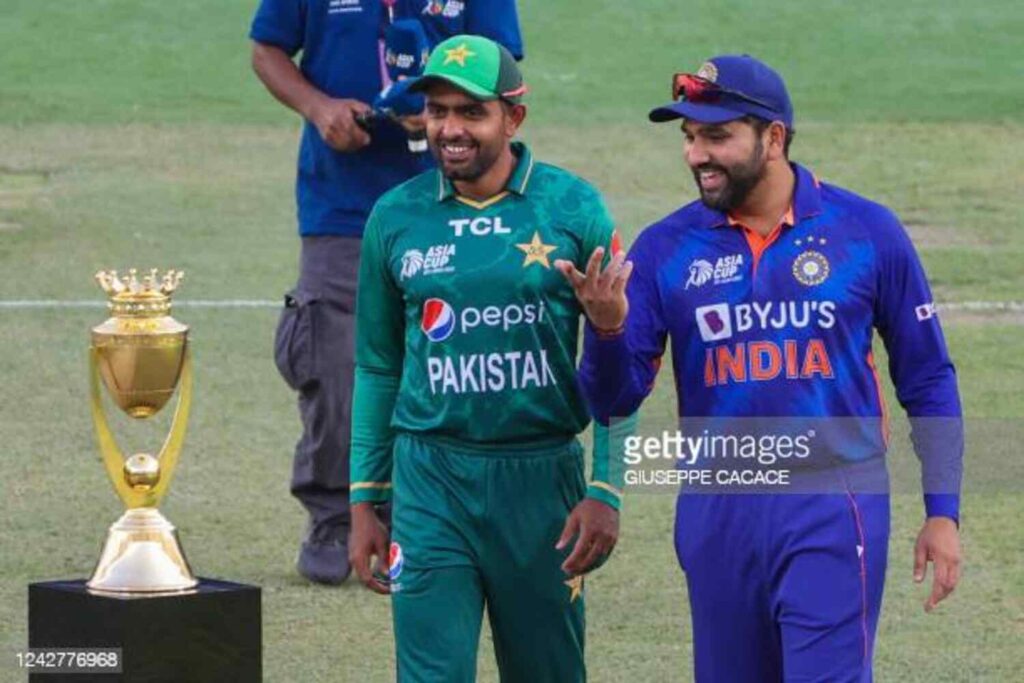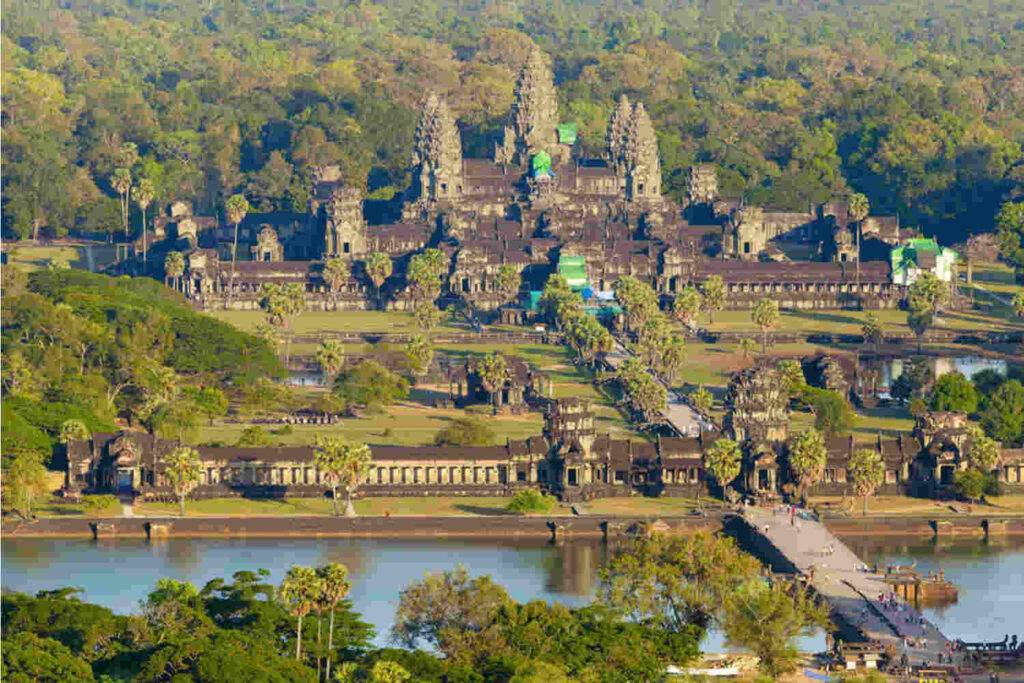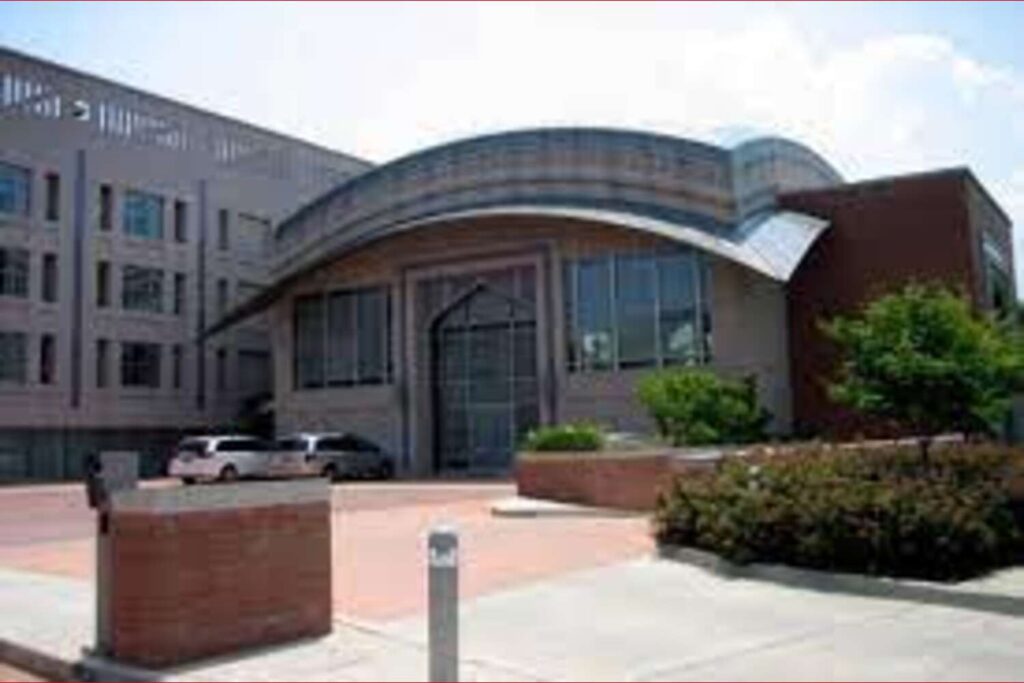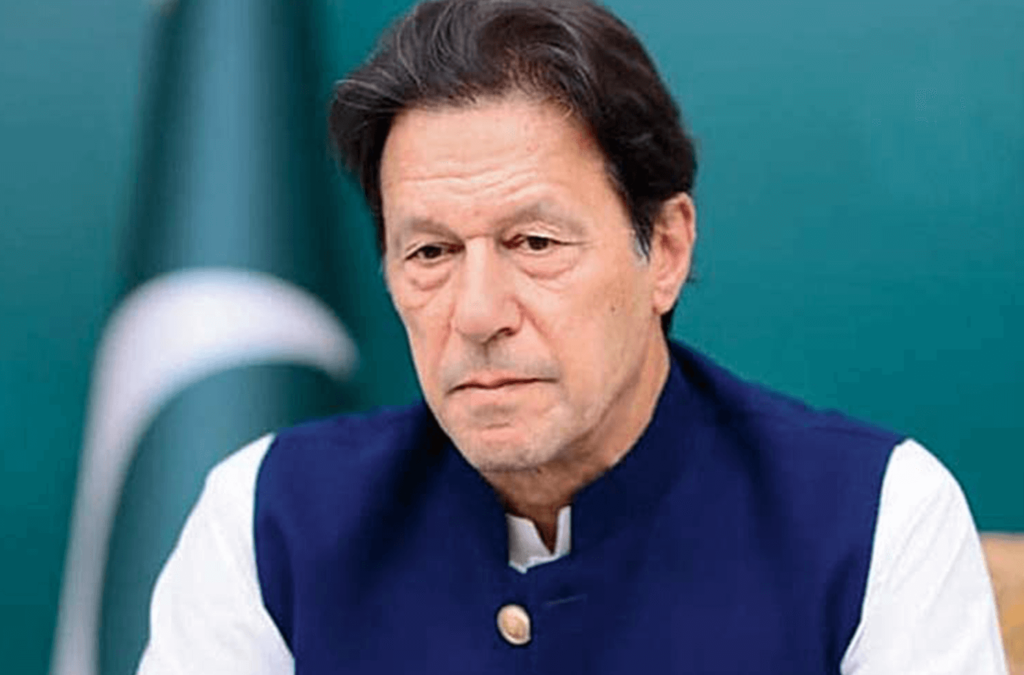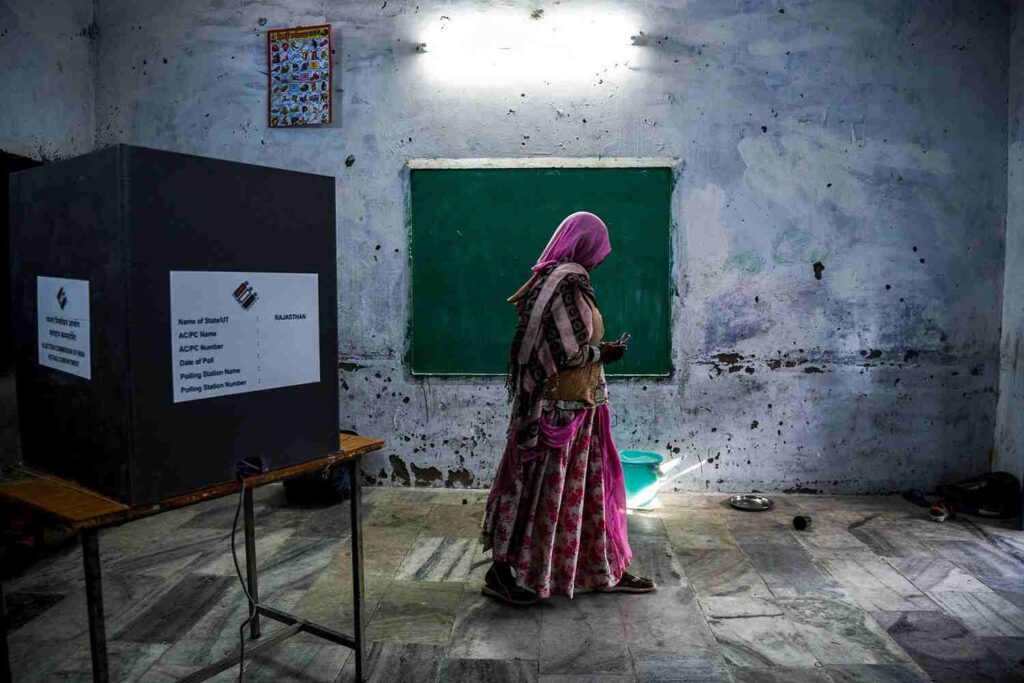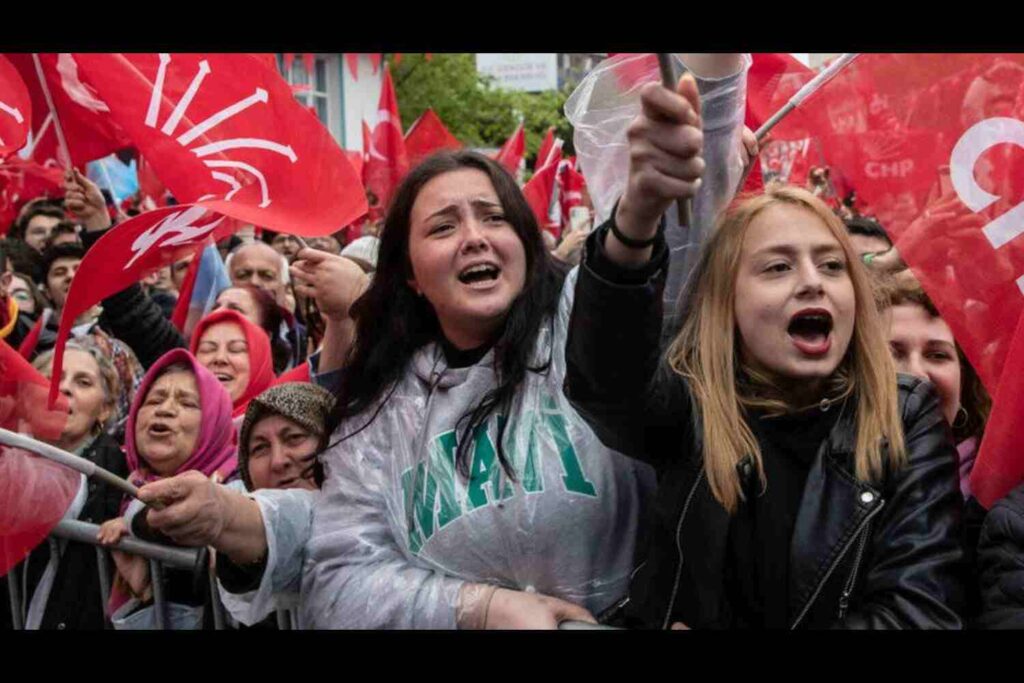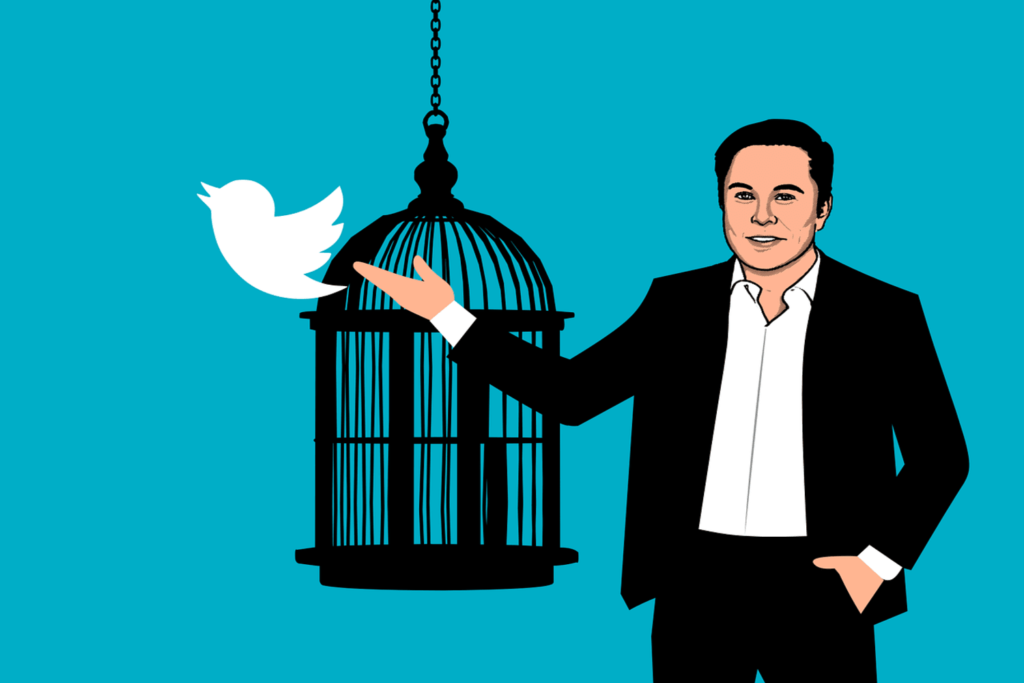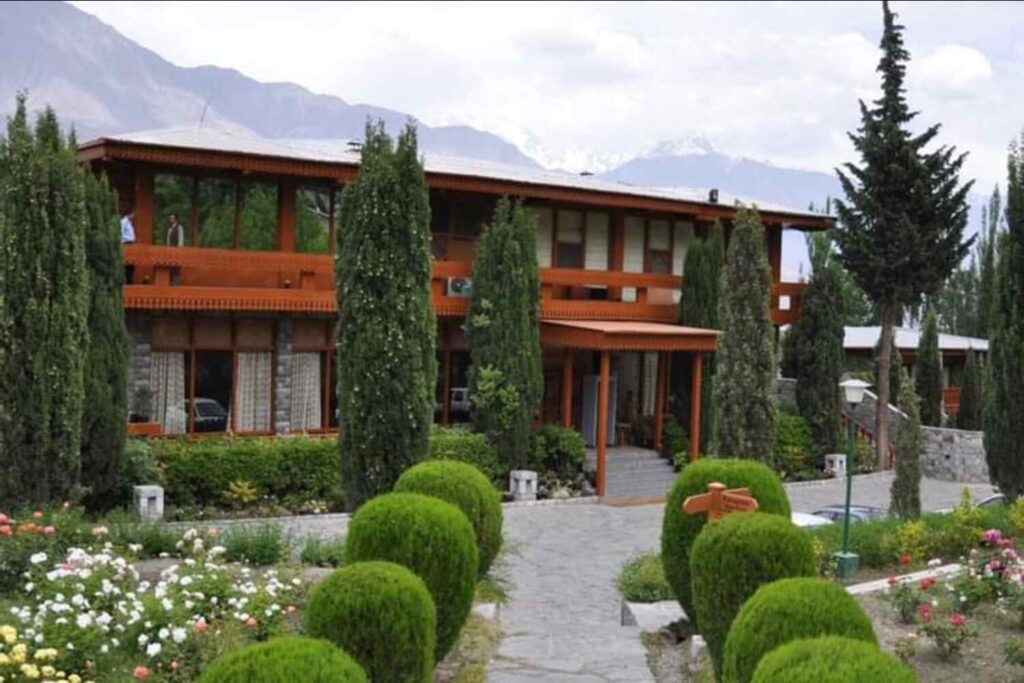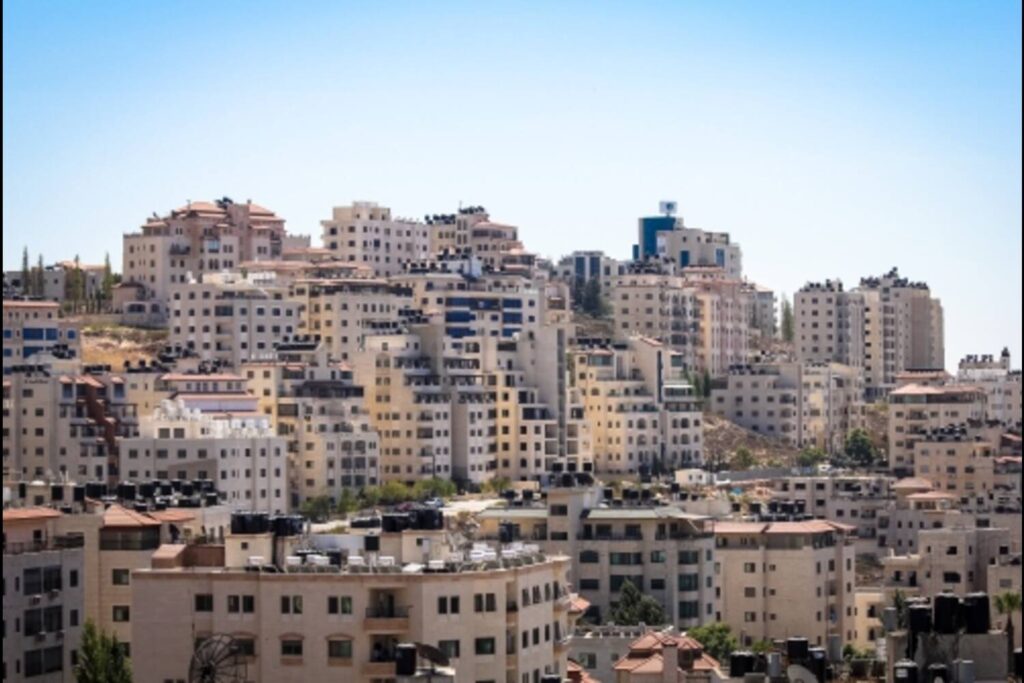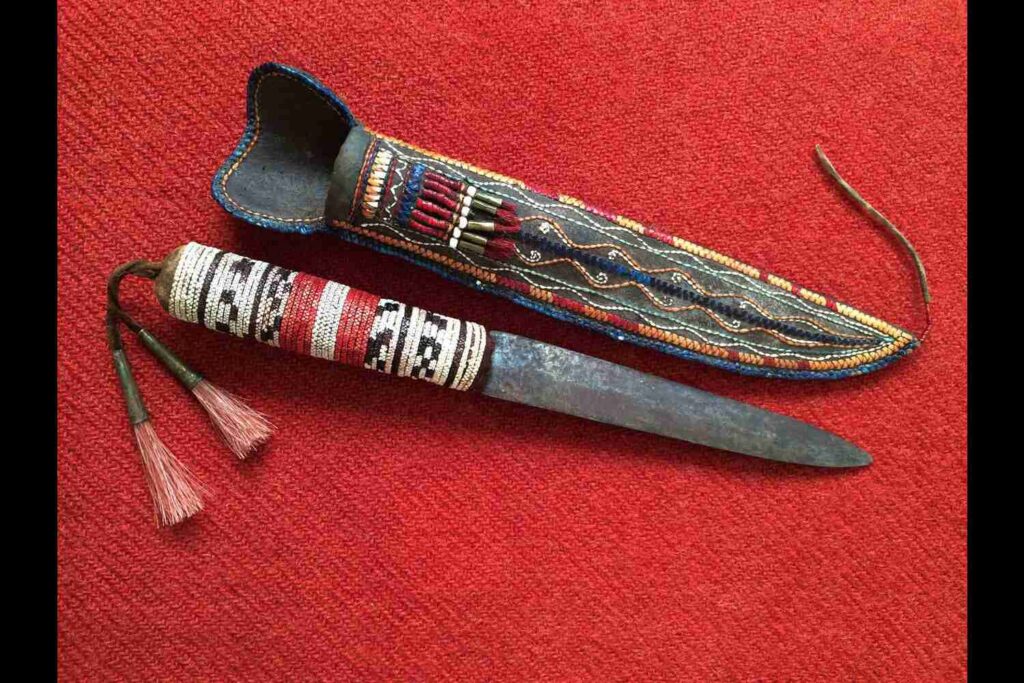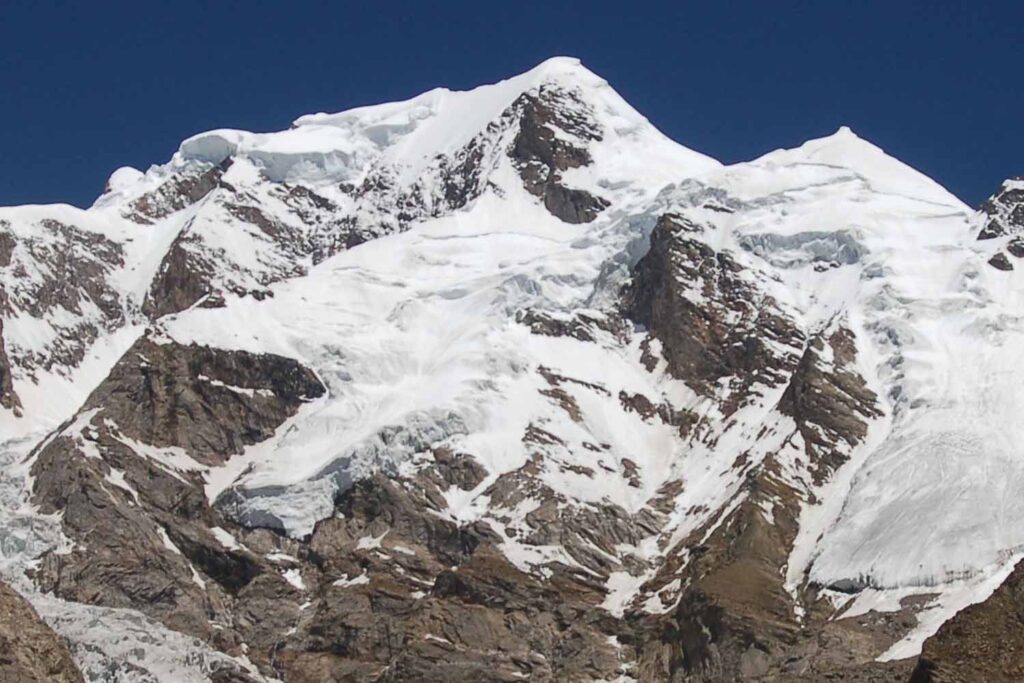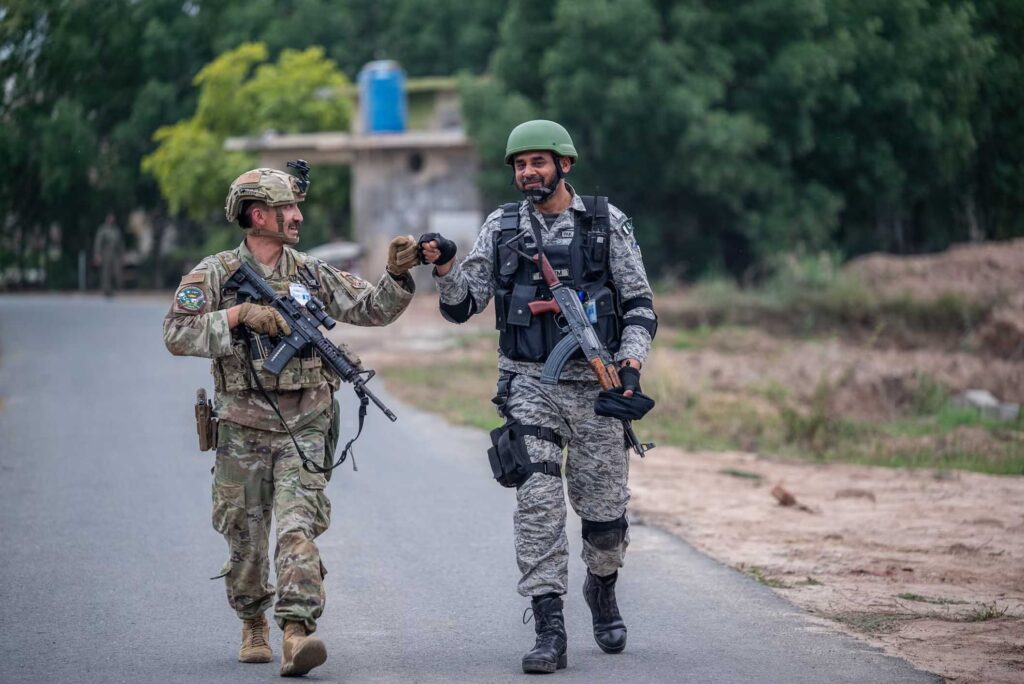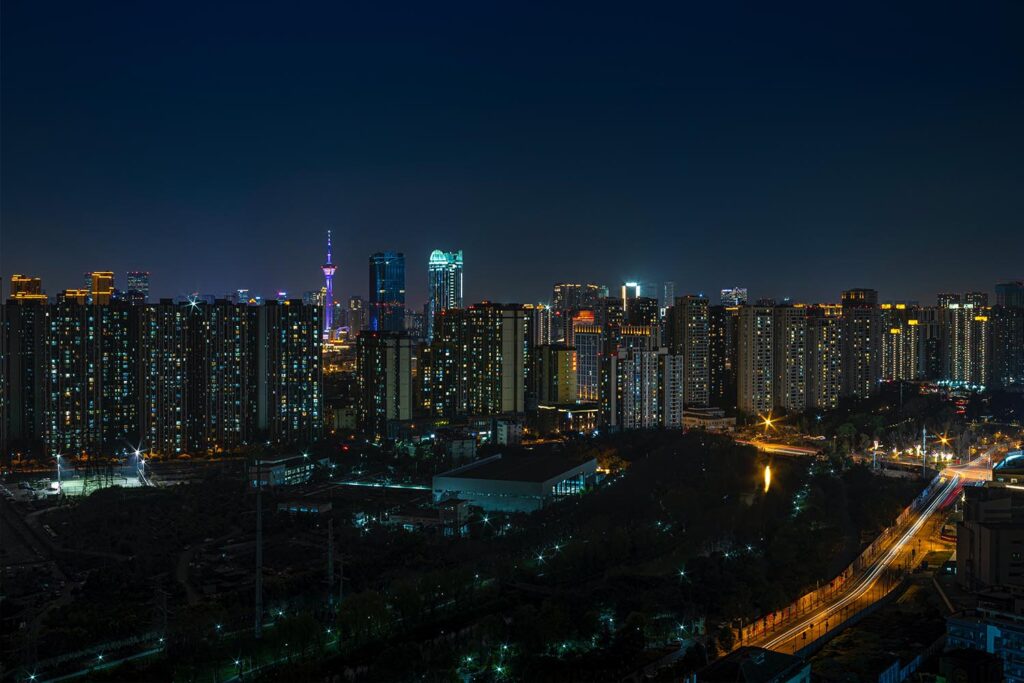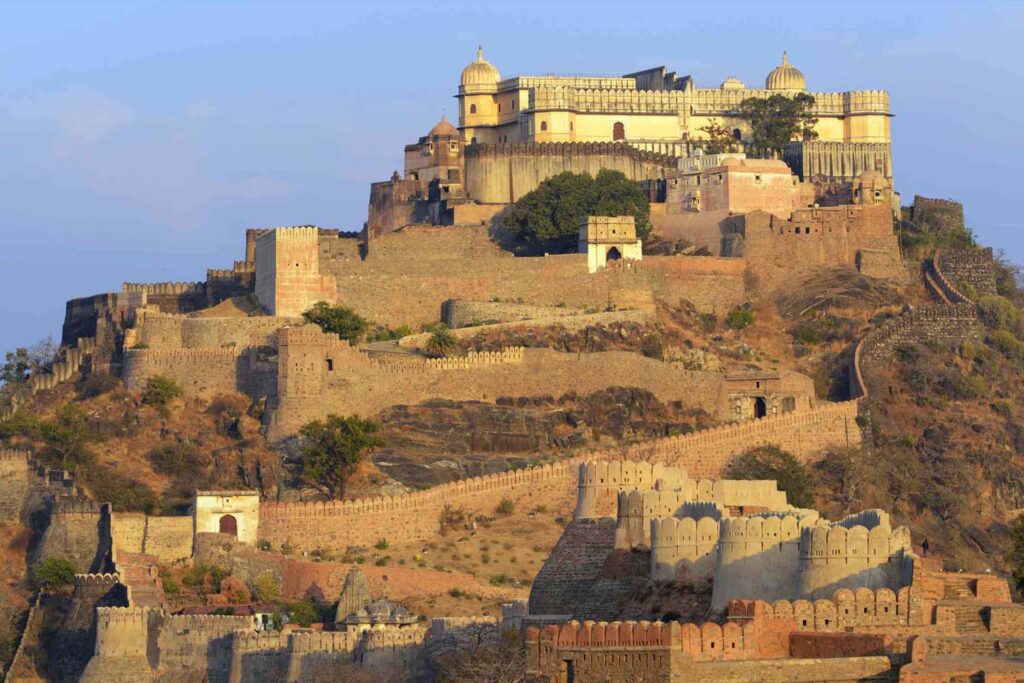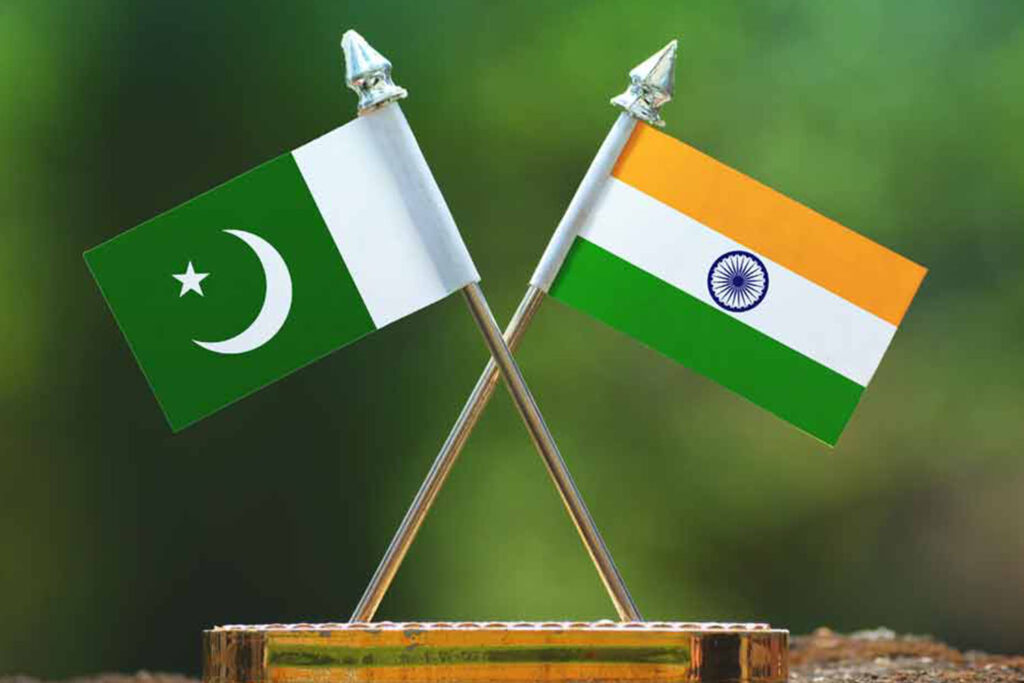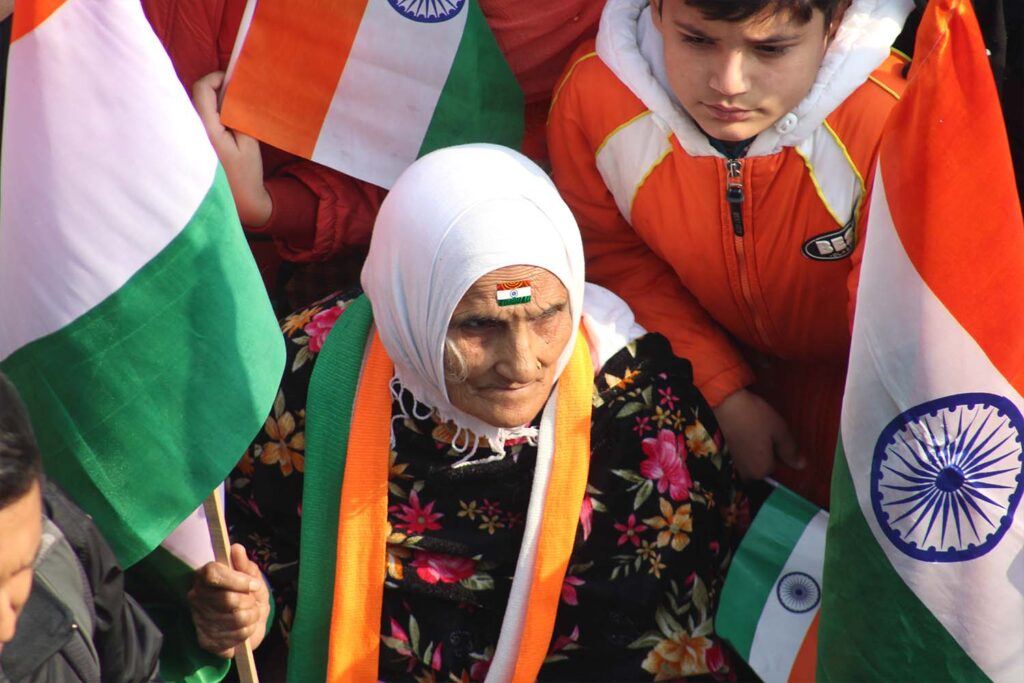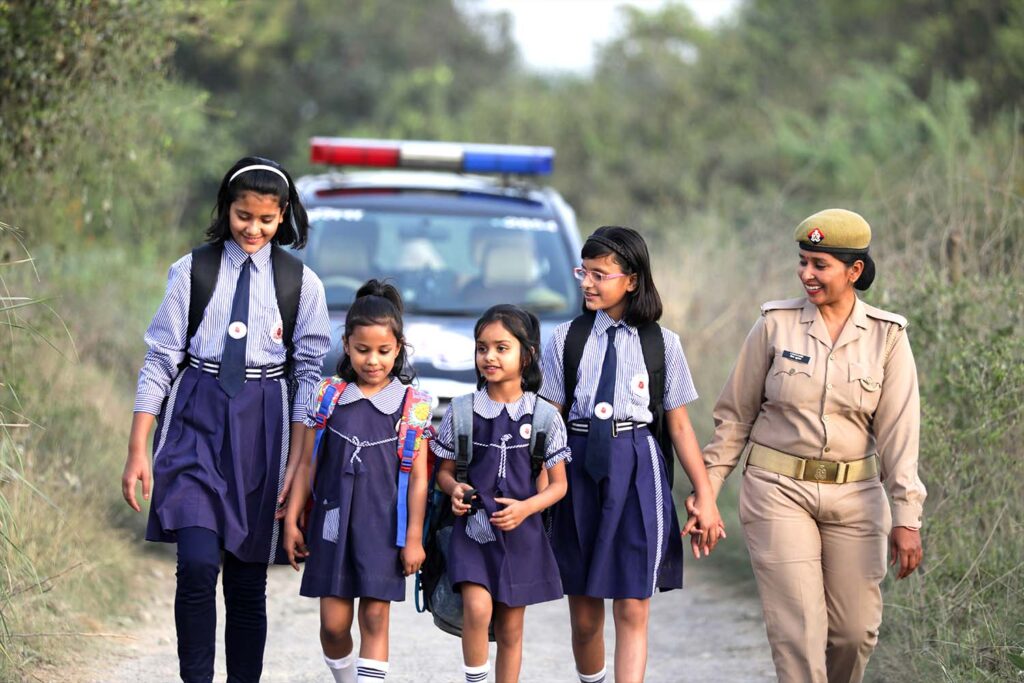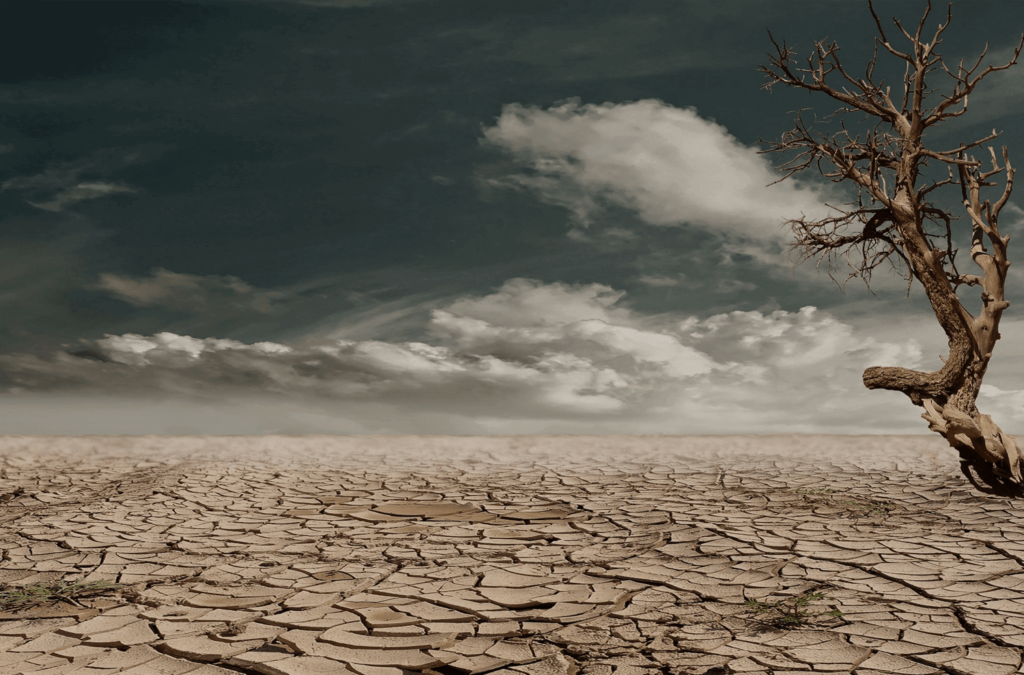The political future of Imran Khan
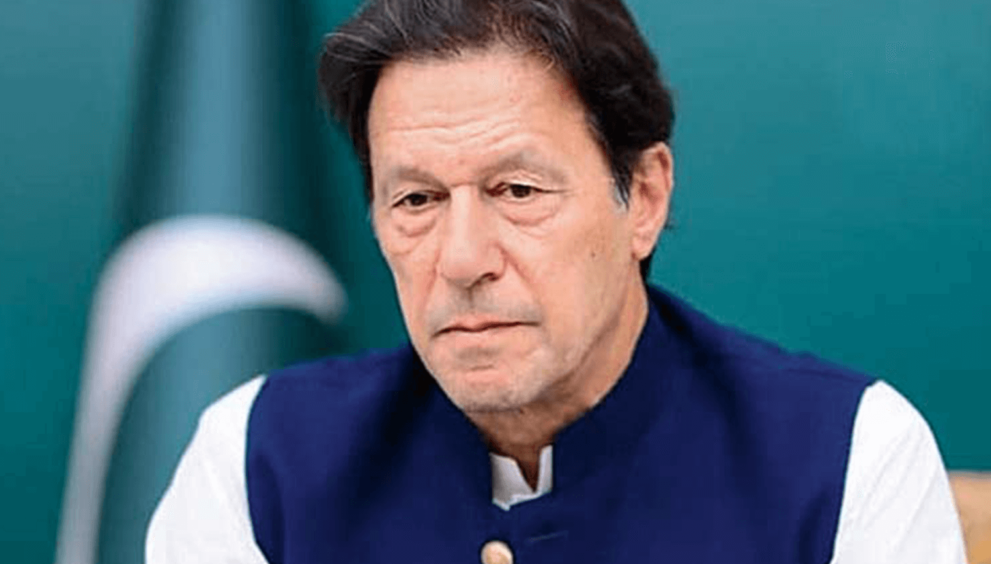
The political future of Imran Khan, the former prime minister of Pakistan, is uncertain and precarious as he faces a series of legal challenges and a tense standoff with the country’s powerful military establishment. Khan, who came to power in 2018 with the backing of the army, has since fallen out with his former allies over his attempts to assert ‘civilian supremacy’.
In this blog post, we will examine the factors leading to political future of Imran Khan, the implications of his arrest and release on bail, and the prospects of his return to power in the upcoming elections.
We will also compare his situation with that of Recep Tayyip Erdogan, the president of Turkey, who has faced similar challenges from the Turkish military but has managed to consolidate his power and popularity.
Khan’s rise and fall
Imran Khan is a charismatic and popular leader who rose to fame as a cricket star and philanthropist before entering politics. He founded his party, Pakistan Tehreek-e-Insaf (PTI), in 1996 with the aim of creating a “new Pakistan” based on justice, accountability and welfare. He struggled for years to gain a foothold in the country’s entrenched political system, which he denounced as corrupt and dynastic.
His fortunes changed in 2018, when he won a landslide victory in the general elections with the tacit support of the military, which had grown disillusioned with the previous government of Nawaz Sharif over allegations of graft and treason. Sharif was ousted by the Supreme Court in 2017 and later jailed on corruption charges. Khan promised to end corruption, revive the economy, improve relations with India and Afghanistan, and bring peace and prosperity to Pakistan.
However, Khan soon faced a series of challenges that eroded his popularity and credibility. His government failed to deliver on its economic promises, as inflation soared, growth slumped, debt mounted and foreign reserves dwindled. He had to seek a $6 billion bailout from the International Monetary Fund (IMF), which imposed tough conditions on fiscal reforms and structural adjustments. He also faced criticism for his handling of the Covid-19 pandemic, which has claimed over 30,000 lives and infected over 1.3 million people in Pakistan.
Imran Khan’s relations with the military also deteriorated over time, as he tried to assert his authority over key appointments and policies. He clashed with the army chief General Asim Munir over the removal of a senior ISI official who was close to Khan. He also didn’t oppose the extension of former army chief’s General Bajwa tenure as army chief, which was granted by the parliament in 2021. He accused him of interfering in politics and undermining democracy.
In April 2022, Khan was ousted by a no-confidence vote in the parliament, orchestrated allegedly by Bajwa and Sharif’s brother Shehbaz Sharif, who became the new prime minister. Khan alleged that the vote was rigged and that his lawmakers were coerced and bribed by the military and the government. He vowed to challenge the result in the courts and mobilize his supporters on the streets.
Khan’s arrest and release
On May 12, 2023, Khan was arrested by paramilitary forces at his residence in Islamabad on charges of illegally acquiring land for his charity hospital in Lahore. The arrest sparked violent protests across the country by his supporters, who clashed with security forces and set fire to public property. At least eight people were killed and hundreds injured in the unrest.
Khan’s arrest was dubbed by his sympathisers as a move by Army Chief and Shehbaz Sharif to eliminate him from the political scene ahead of the elections due by October. Khan claimed that Munir had ordered his arrest to protect himself from accountability and to derail democracy. He said that he was ready to face any charges but demanded a fair trial.
On May 15, Khan was released by the Islamabad High Court on bail for two weeks. The court said that his arrest was illegal and that he should be given due process of law. Khan thanked his supporters for their solidarity and said that he would continue his struggle for justice and democracy.
Khan still faces dozens of other cases on charges ranging from corruption to terrorism. His bail can be revoked at any time by the courts or the authorities. His political future depends largely on how he can navigate the legal hurdles and how he can mobilize public opinion in his favor.
Prospects for Imran Khan
Despite his setbacks, Khan remains a formidable political force in Pakistan. He enjoys a loyal and passionate following among millions of Pakistanis, especially among the youth, urban middle class and religious conservatives. He has positioned himself as an anti-establishment crusader who can challenge the status quo and bring change.
However, he faces an uphill battle against a powerful nexus of military, political and judicial forces that are determined to block his return to power. He also faces competition from other opposition parties that are trying to capitalize on his troubles and offer alternative visions for Pakistan.
The political future of Imran Khan and his situation is reminiscent of Erdogan’s early years as Turkey’s prime minister, when he also faced resistance from the secularist military establishment that saw him as a threat to their interests and influence. Erdogan survived several coup attempts and legal cases against him and his party with popular support and political acumen.
Khan and Erdogan similarity?
Erdogan eventually managed to tame the military by purging its ranks of dissidents and opponents after a failed coup attempt in 2016. He also consolidated his power by changing Turkey’s constitution to create an executive presidency system that gave him sweeping authority over all branches of government.
Erdogan has since emerged as one of Turkey’s most dominant leaders in its modern history, winning several elections with large margins. He has also pursued an assertive foreign policy that has made Turkey a regional power with interests in Syria, Iraq, Libya, Azerbaijan and beyond.
However, Erdogan’s success has come at a cost. He has been accused of undermining democracy, human rights and rule of law in Turkey by cracking down on dissenters, journalists, academics and civil society groups. He has also faced criticism for mismanaging Turkey’s economy, which has been hit by currency crises, inflation and unemployment.
Erdogan’s popularity has declined in recent years as he faces growing discontent among Turkish voters over his policies and performance. He also faces challenges from new opposition parties that have emerged from within his own camp or from former allies who have turned against him.
Erdogan’s fate will depend on how he can overcome these difficulties and how he can maintain his appeal among Turkish voters who still see him as their champion.
What next
Imran Khan and Recep Tayyip Erdogan are two populist leaders who have faced similar challenges from their respective military establishments but have had different outcomes so far. Khan is still struggling to survive against a hostile system that wants to sideline him from politics while Erdogan has managed to subdue his opponents and secure his position as Turkey’s president.
However, both leaders face uncertain futures as they confront legal troubles, economic woes, social unrests and regional conflicts that could undermine their legitimacy and popularity among their people.
The political future of Imran Khan and Recep Tayyip Erdogan will have significant implications for their countries and for their regions as they seek to shape their destinies in an increasingly complex and volatile world.

 English
English 